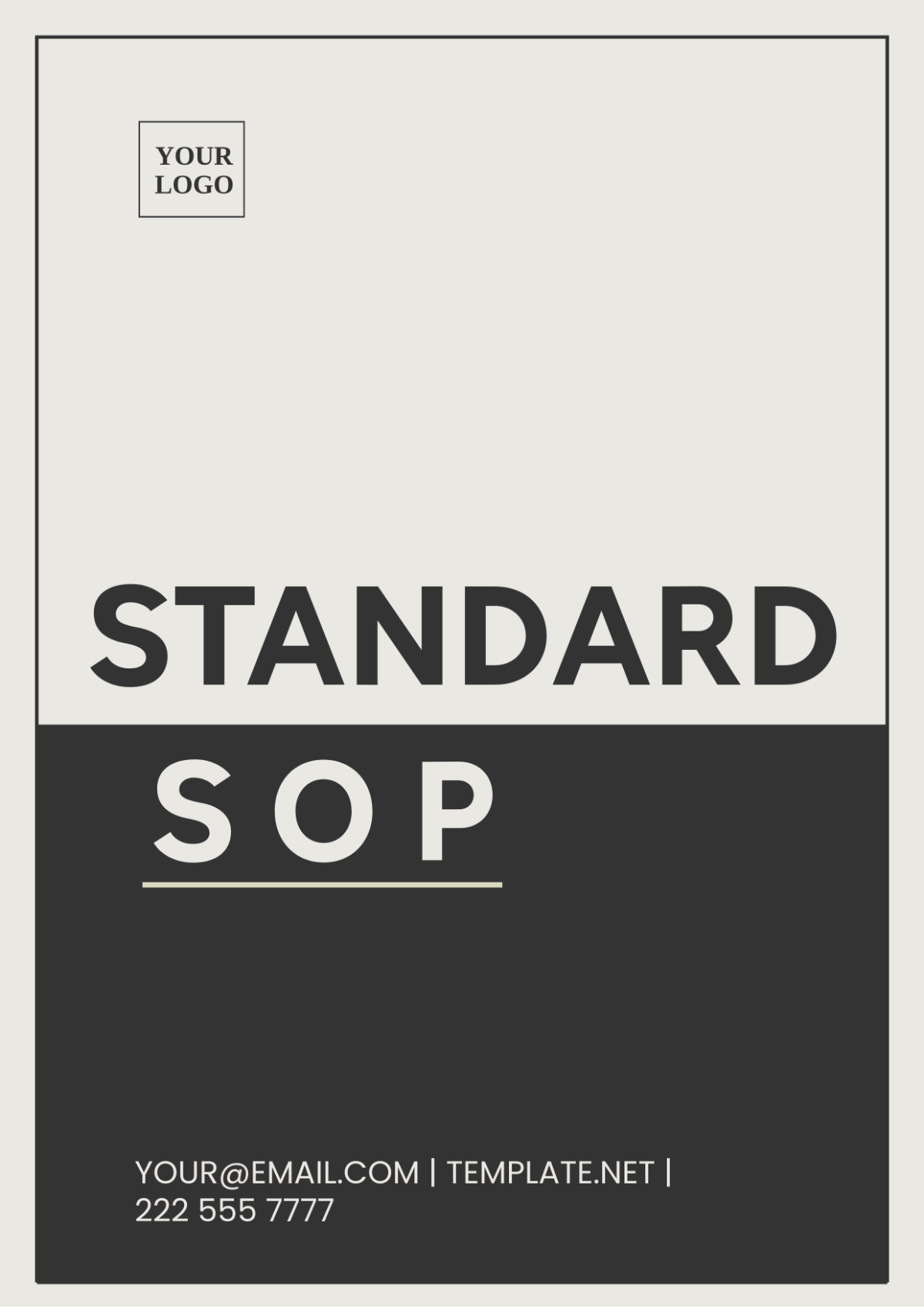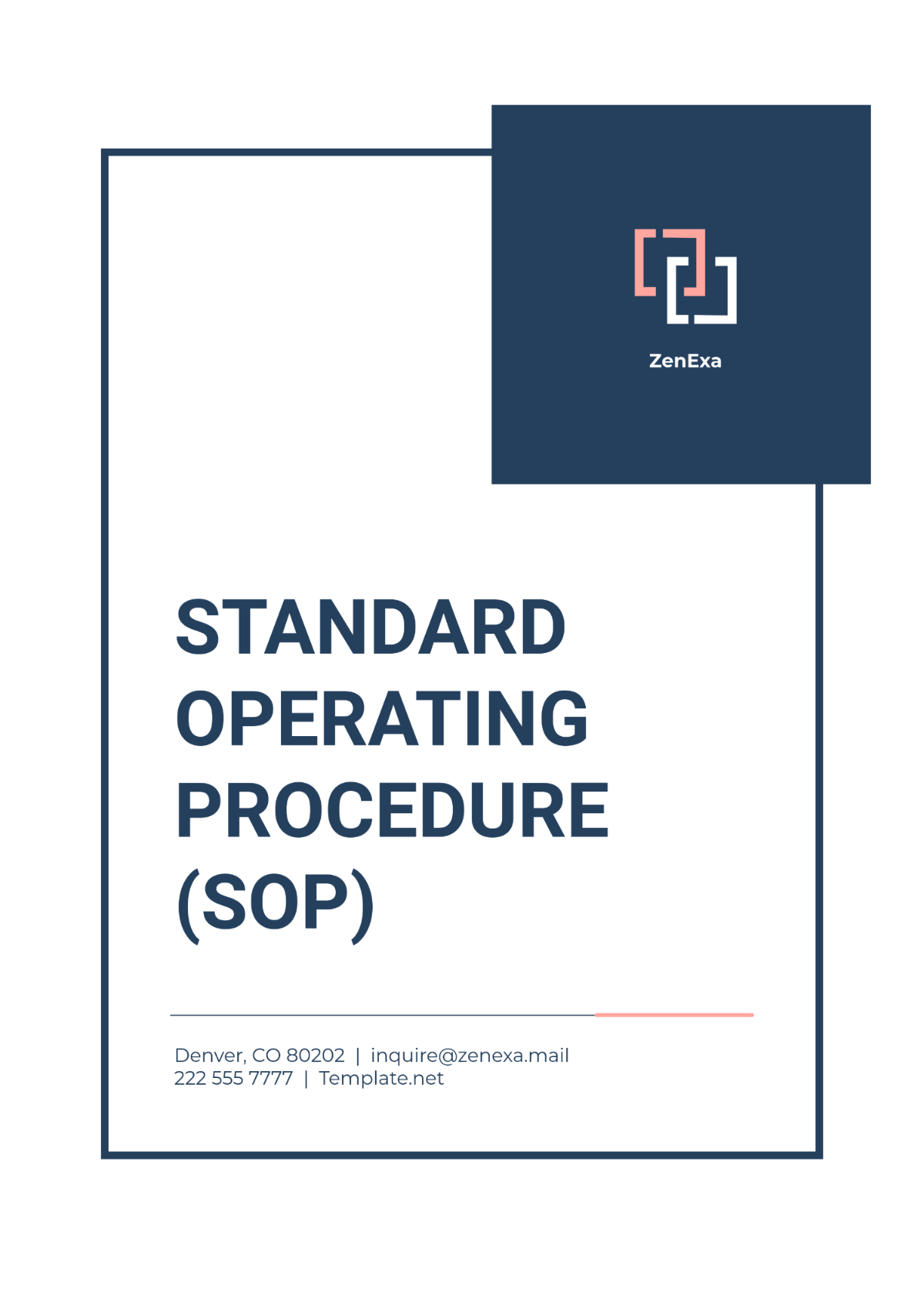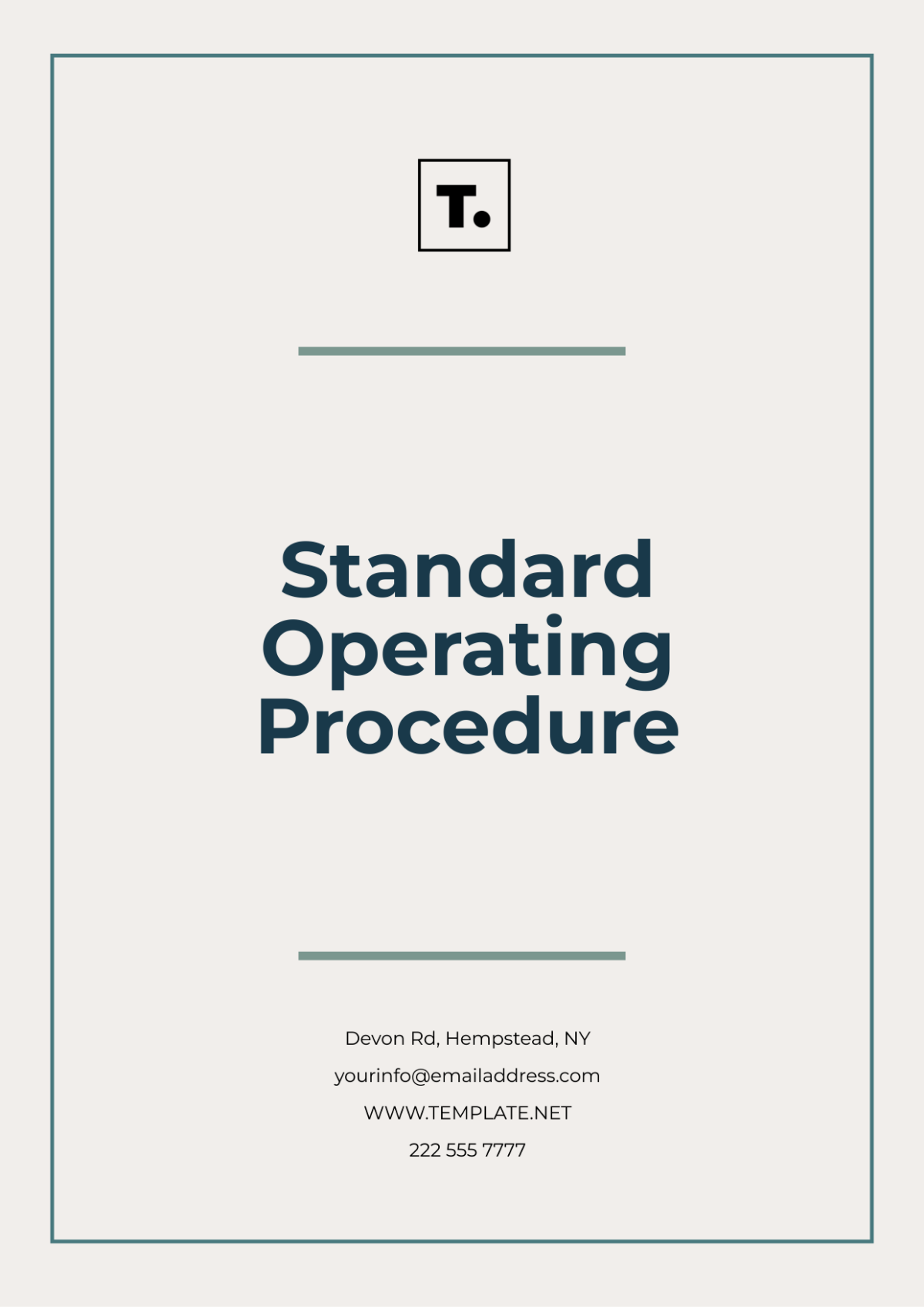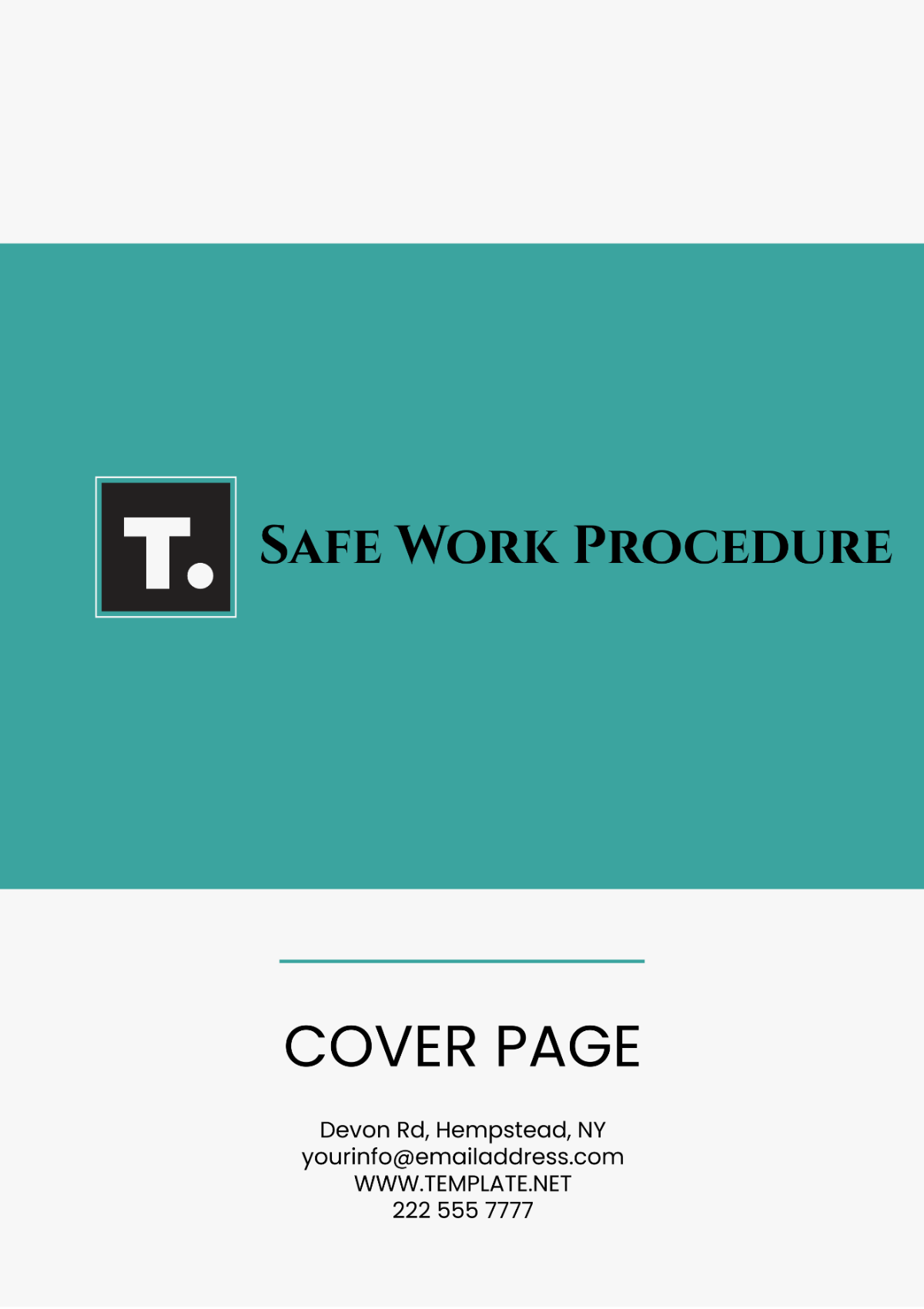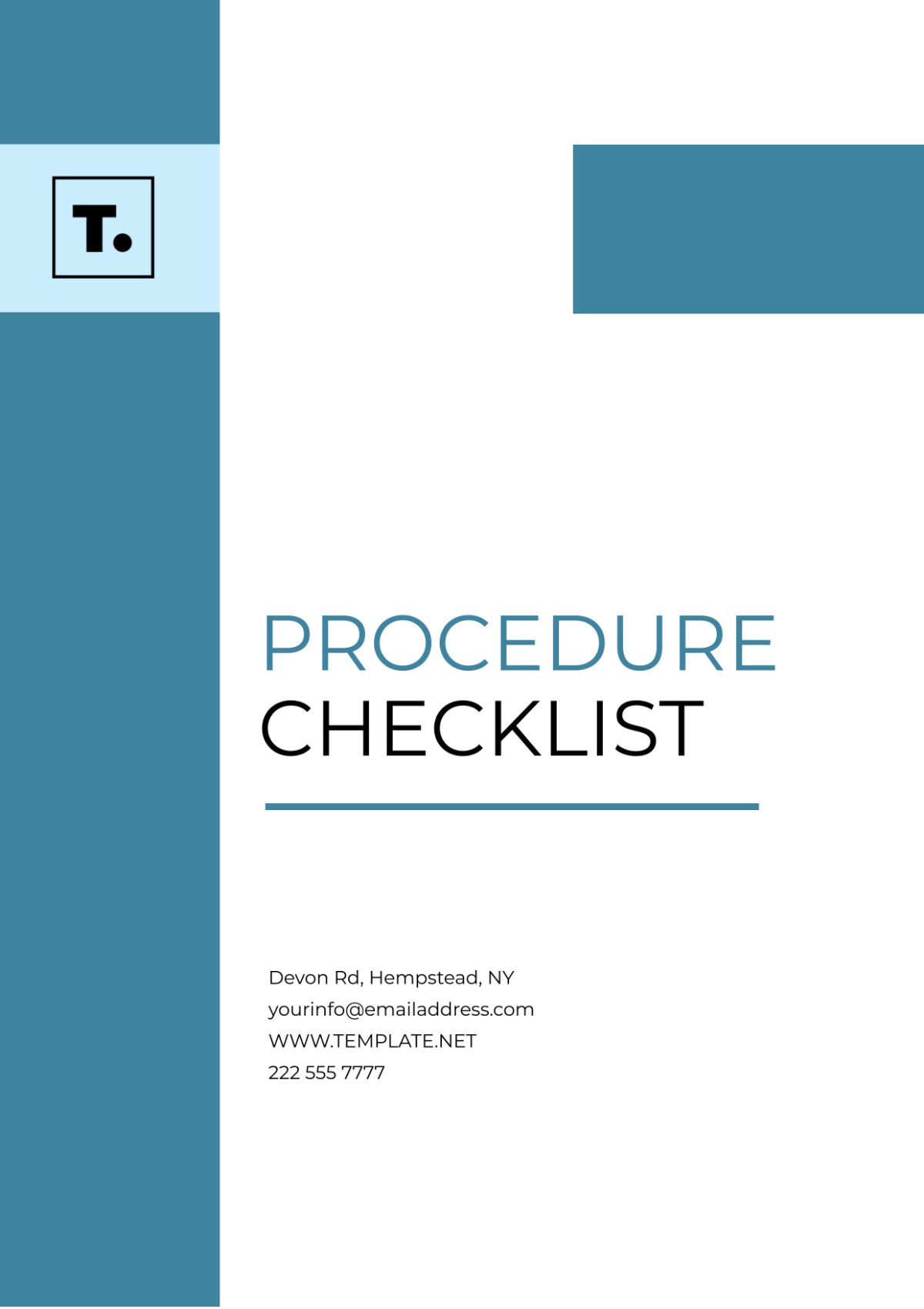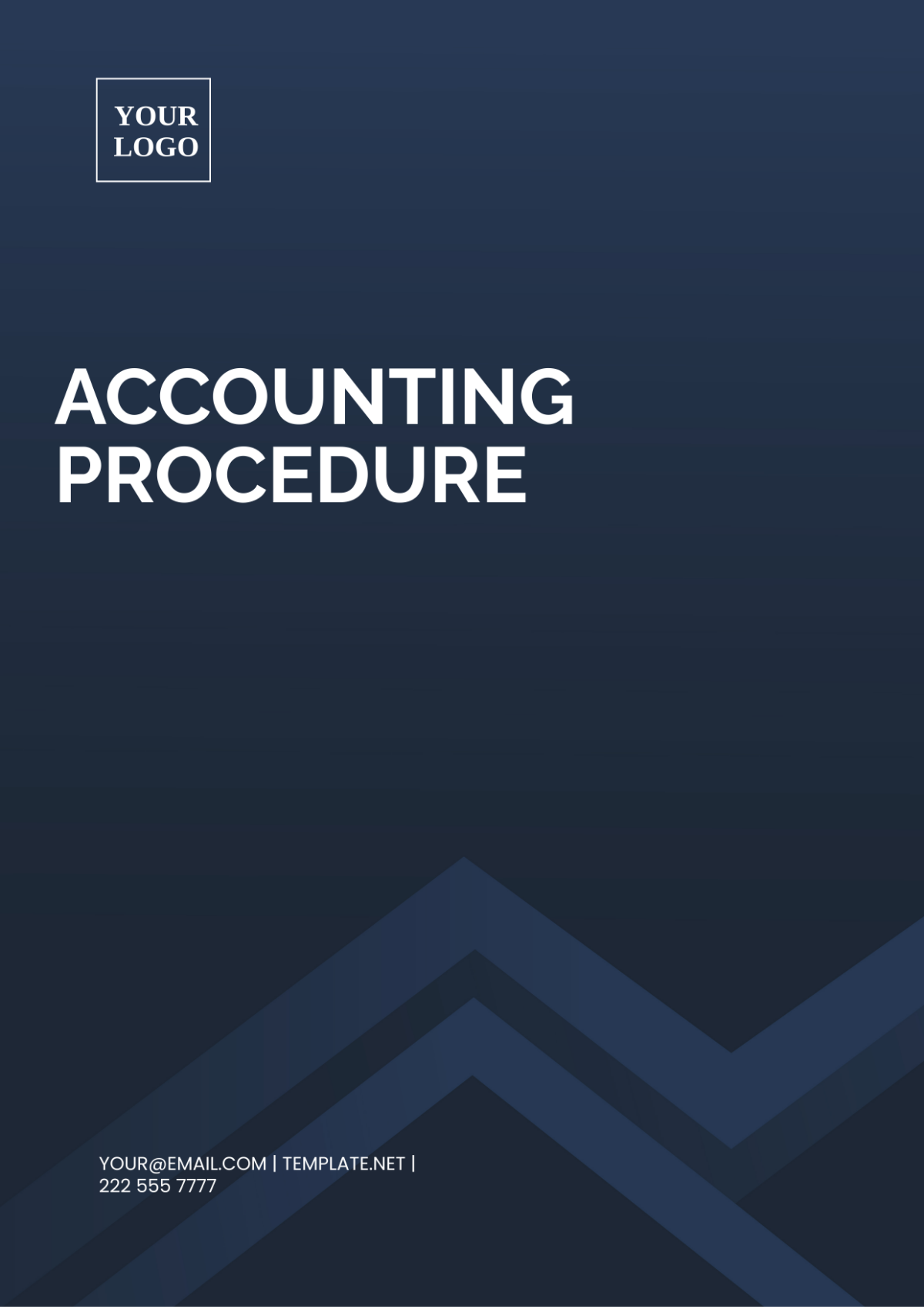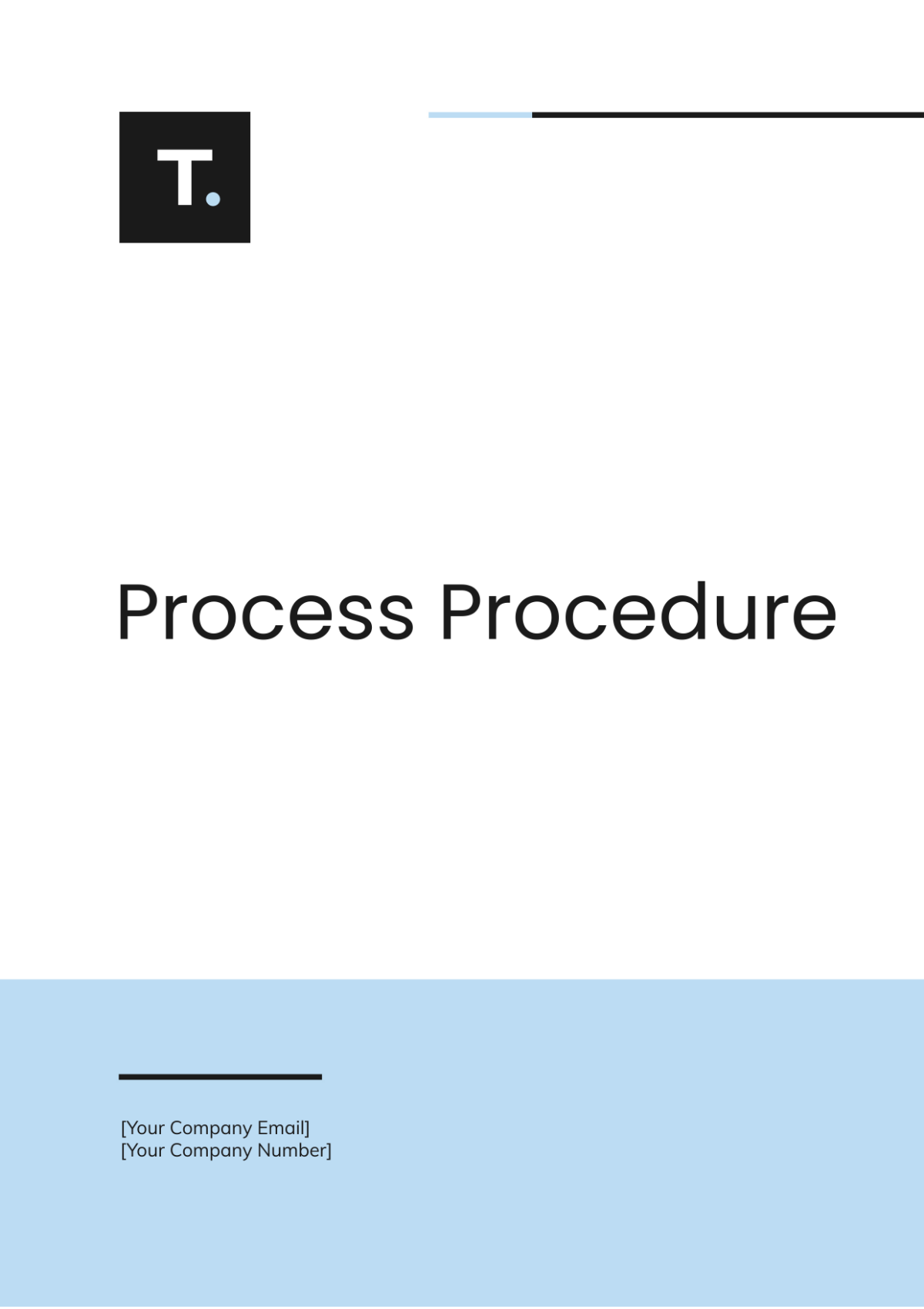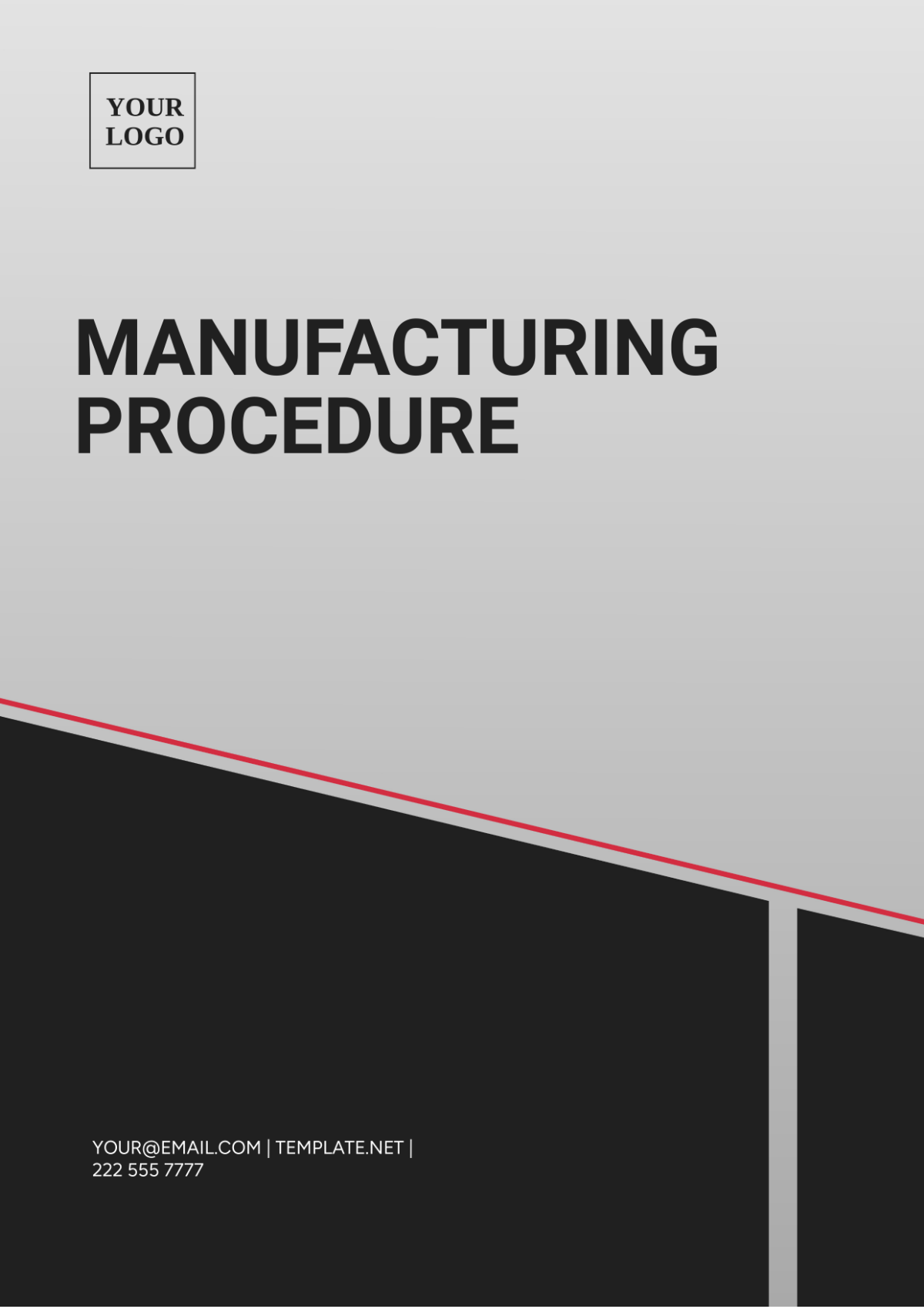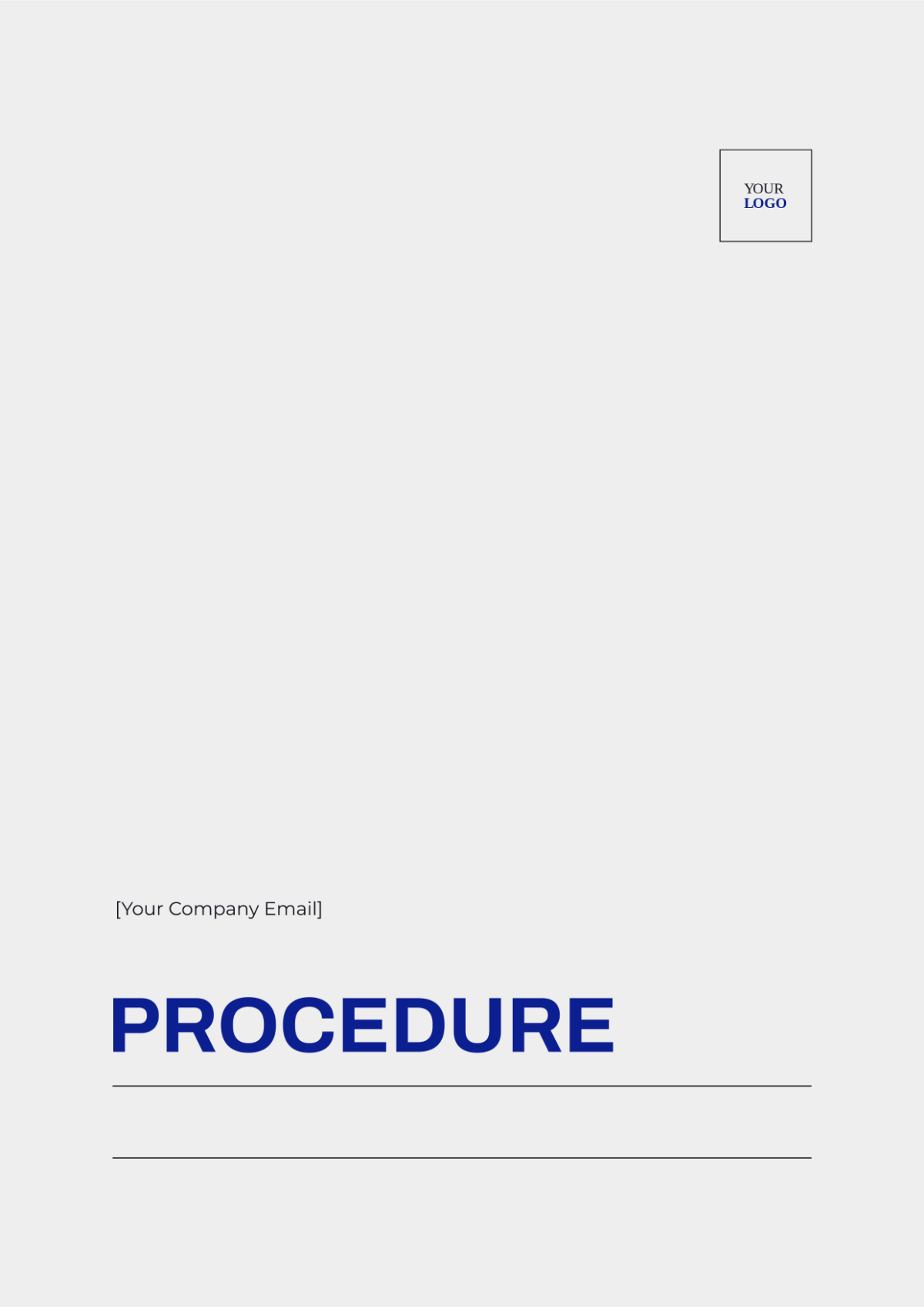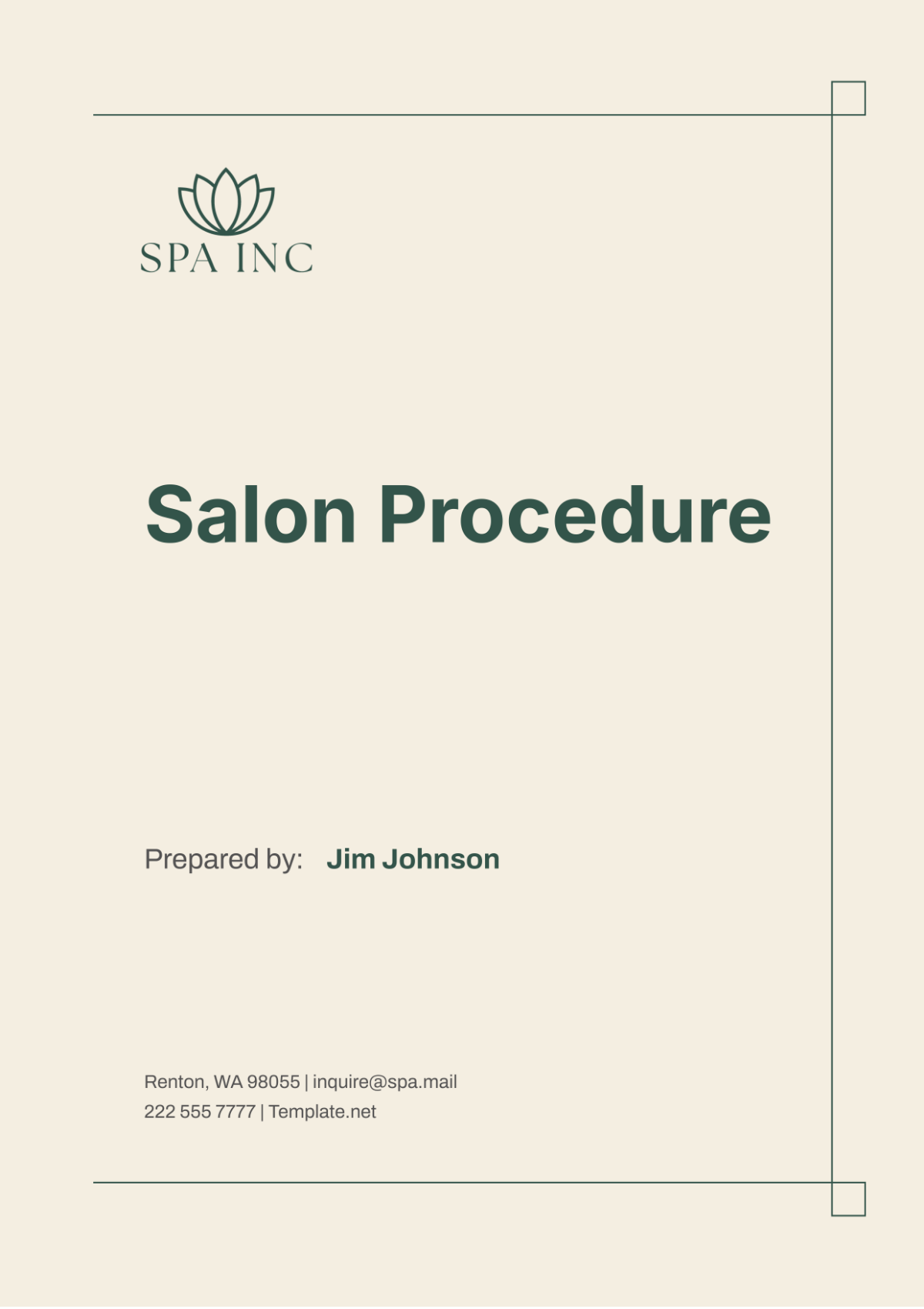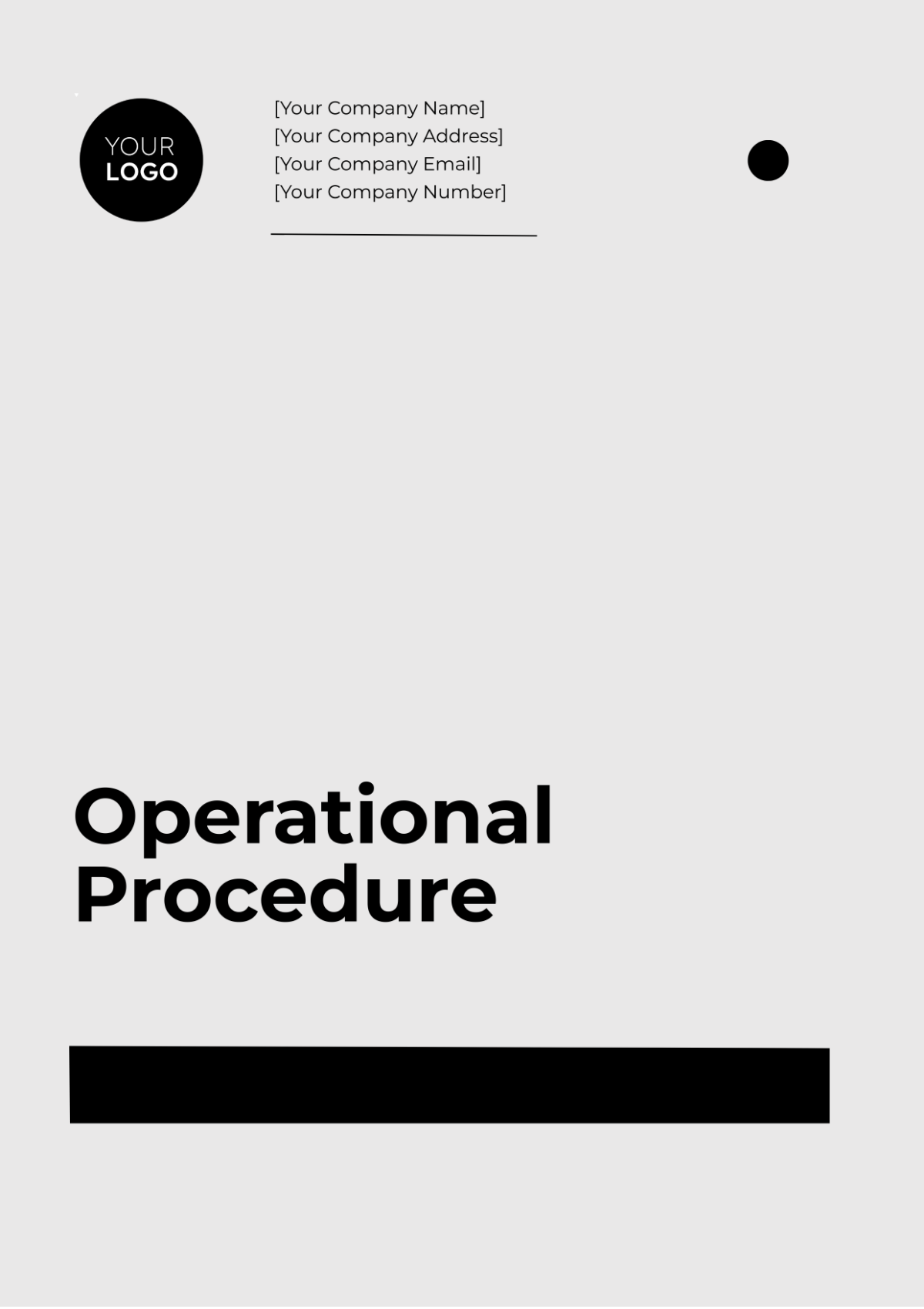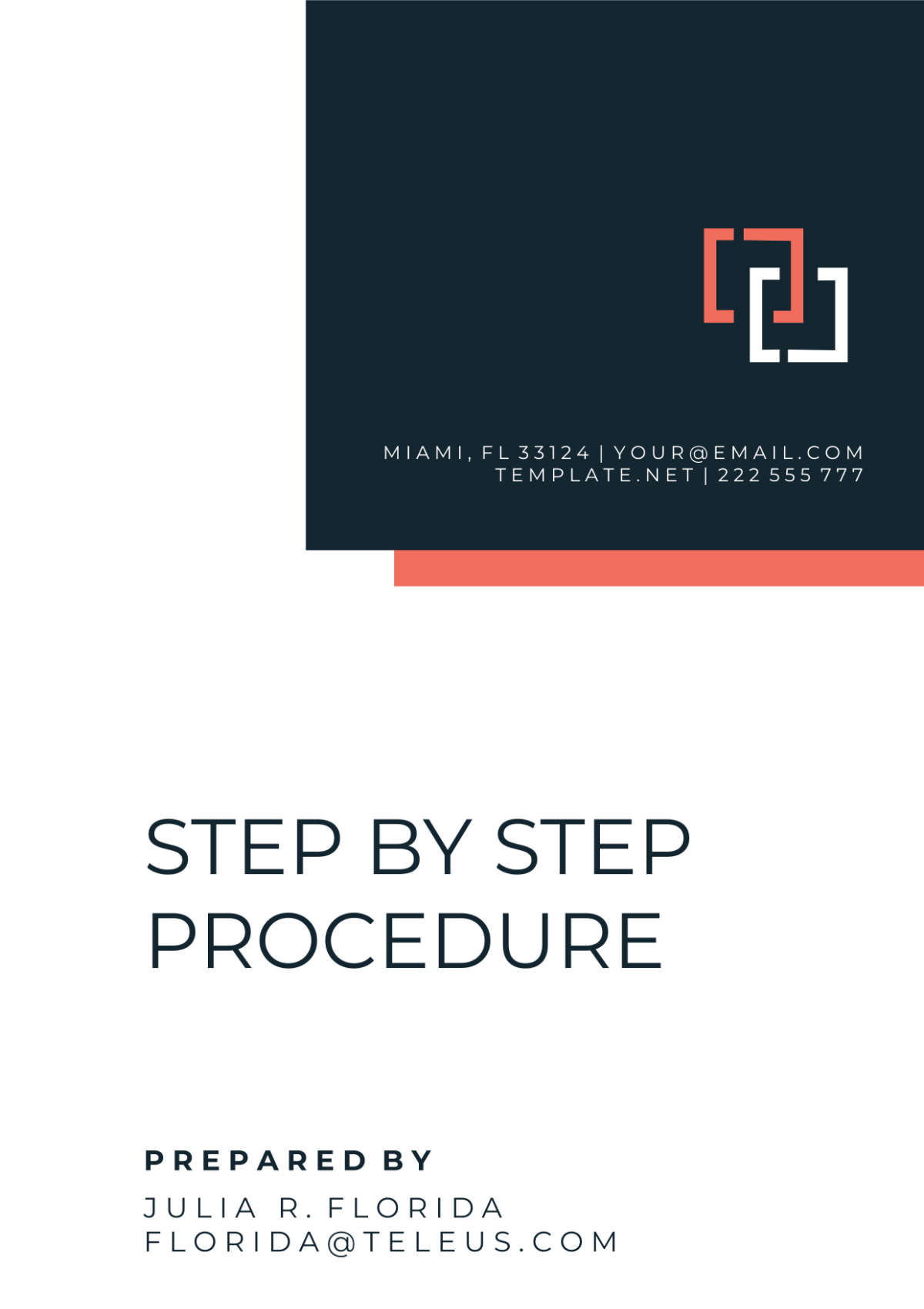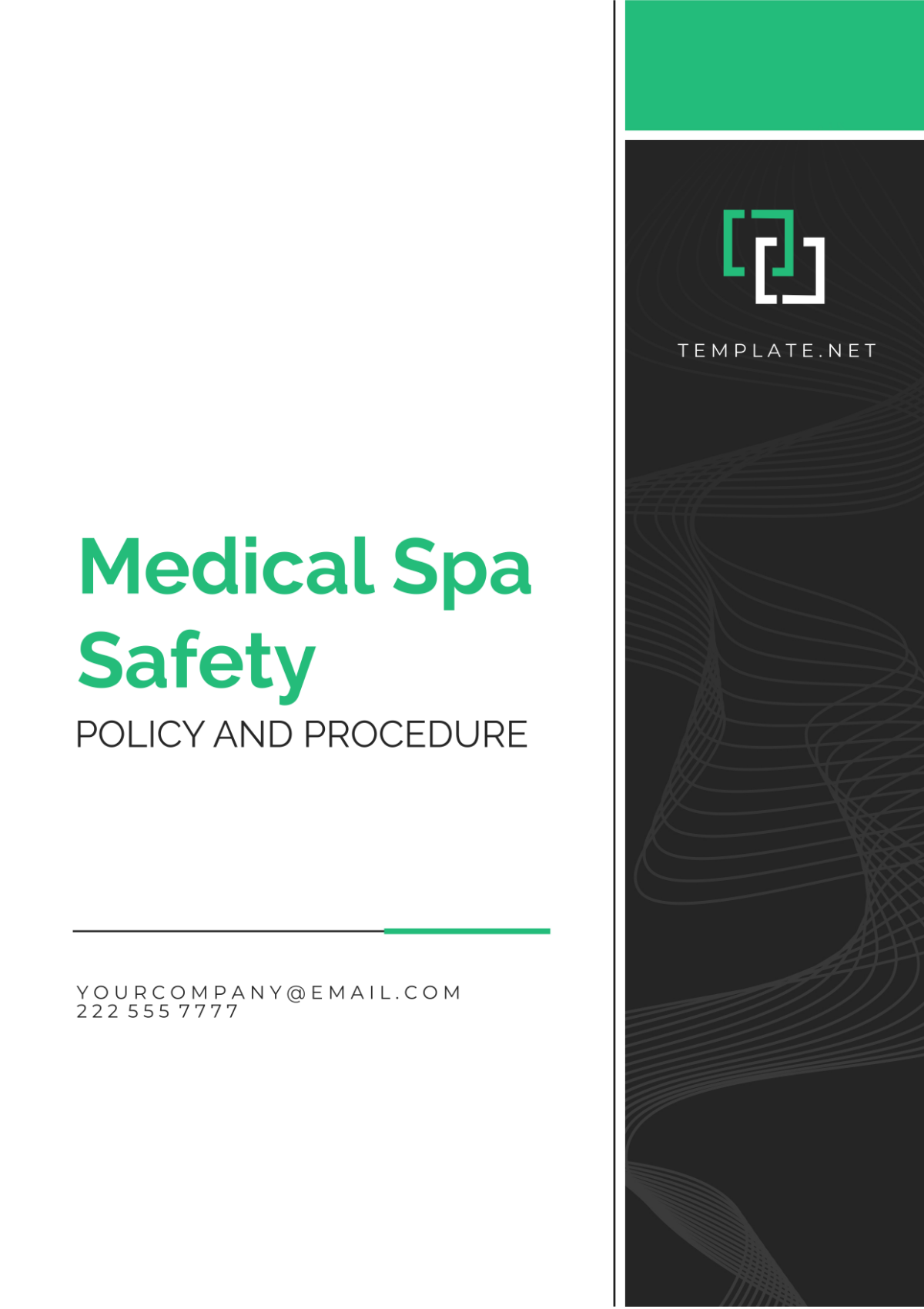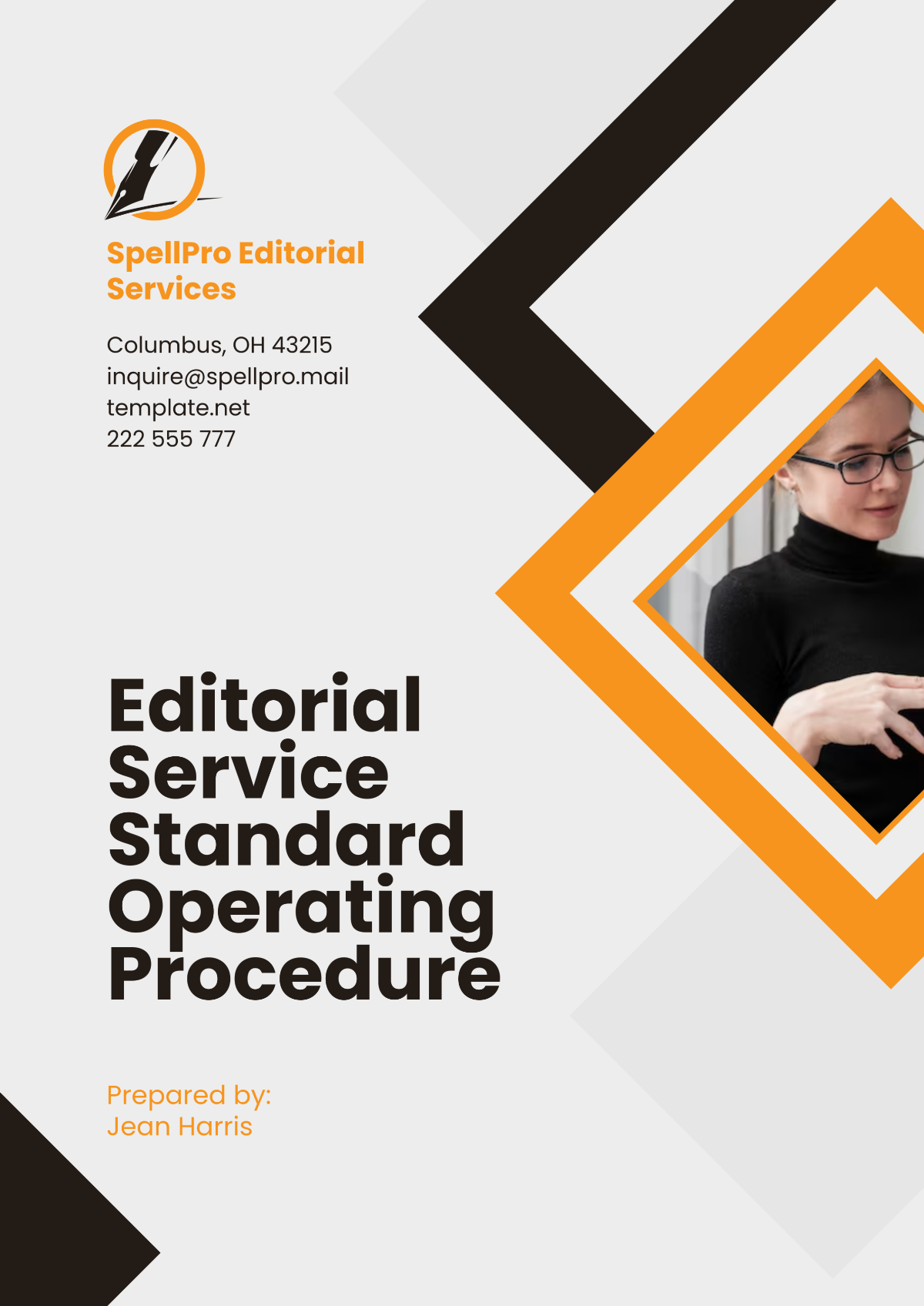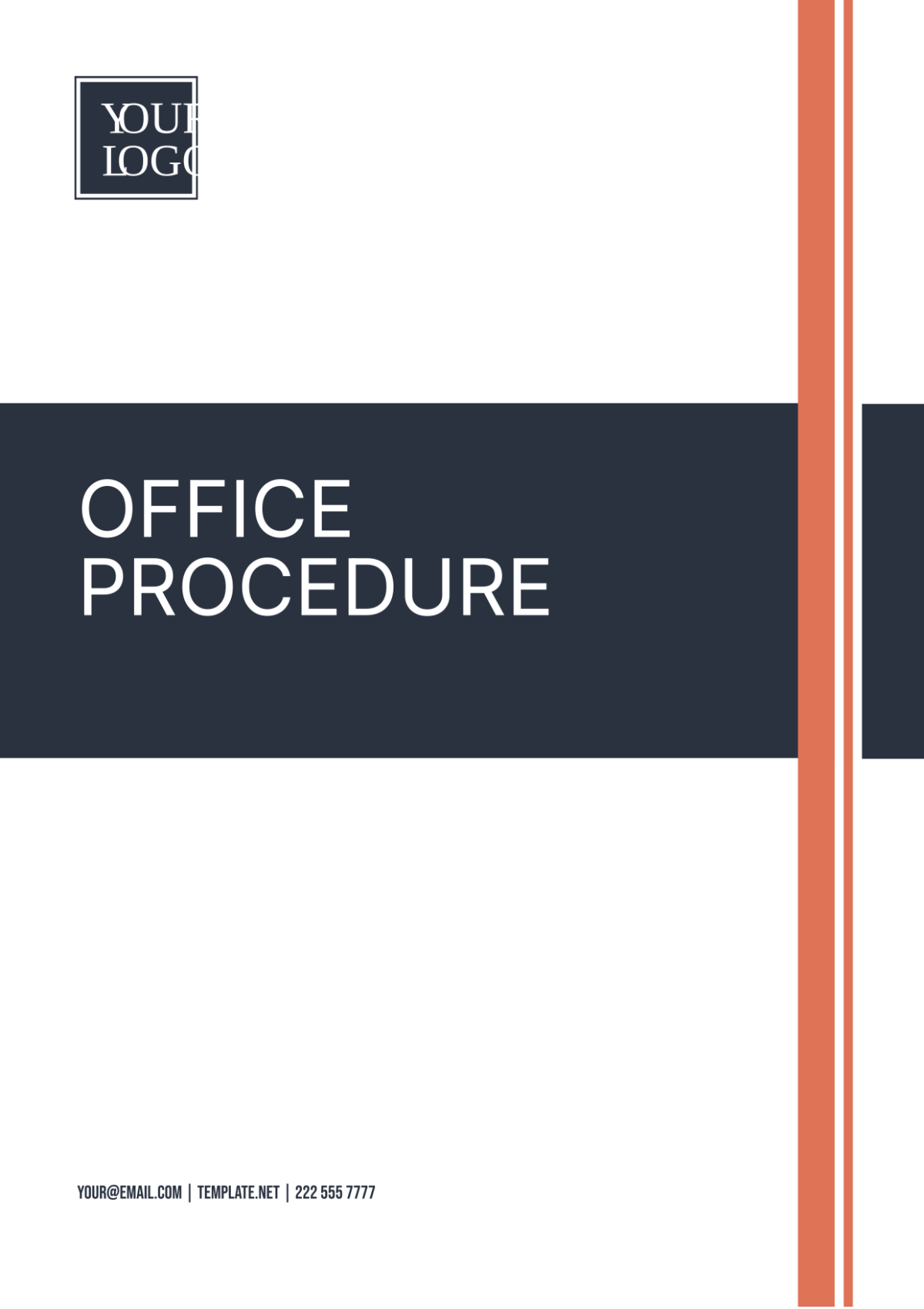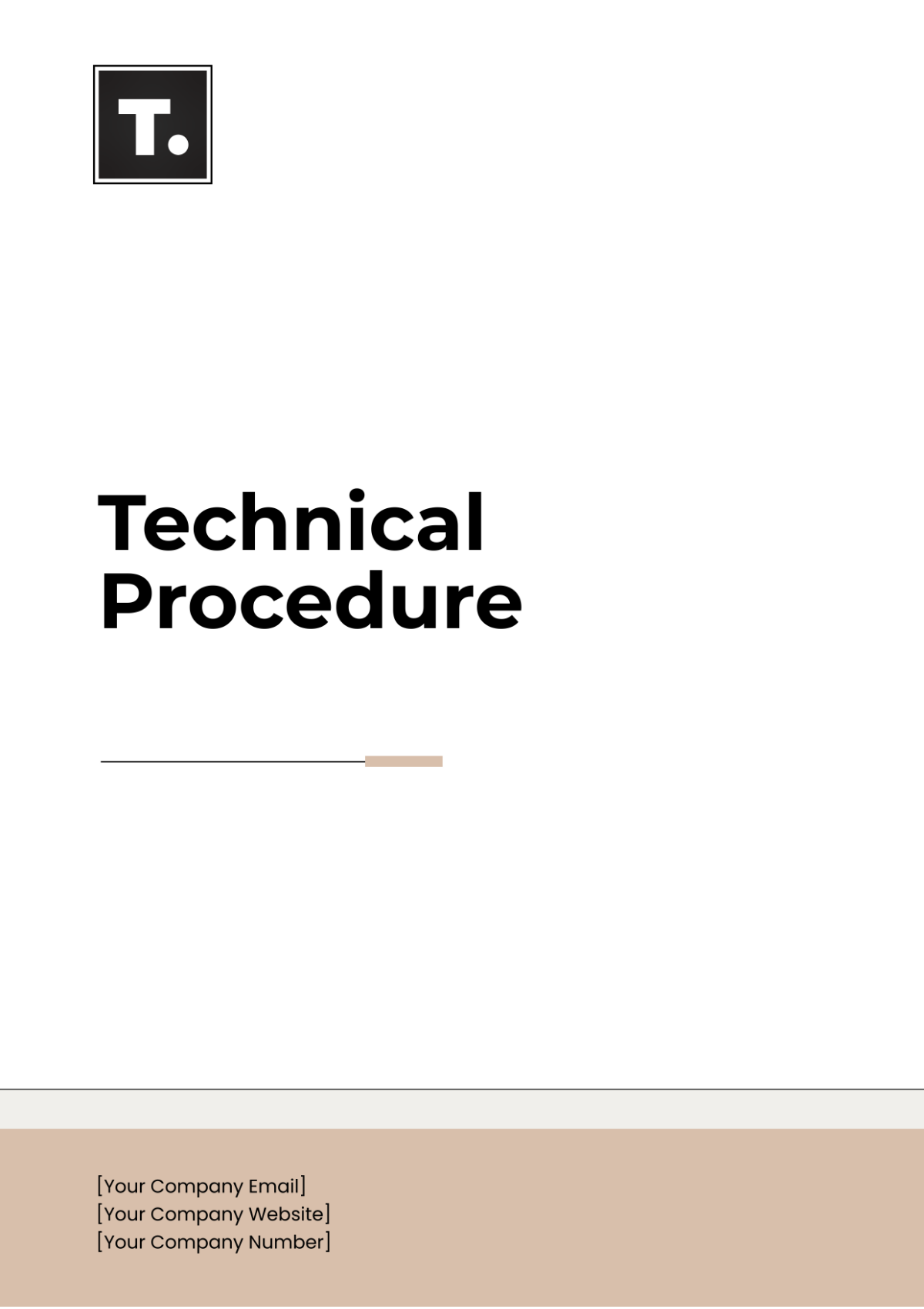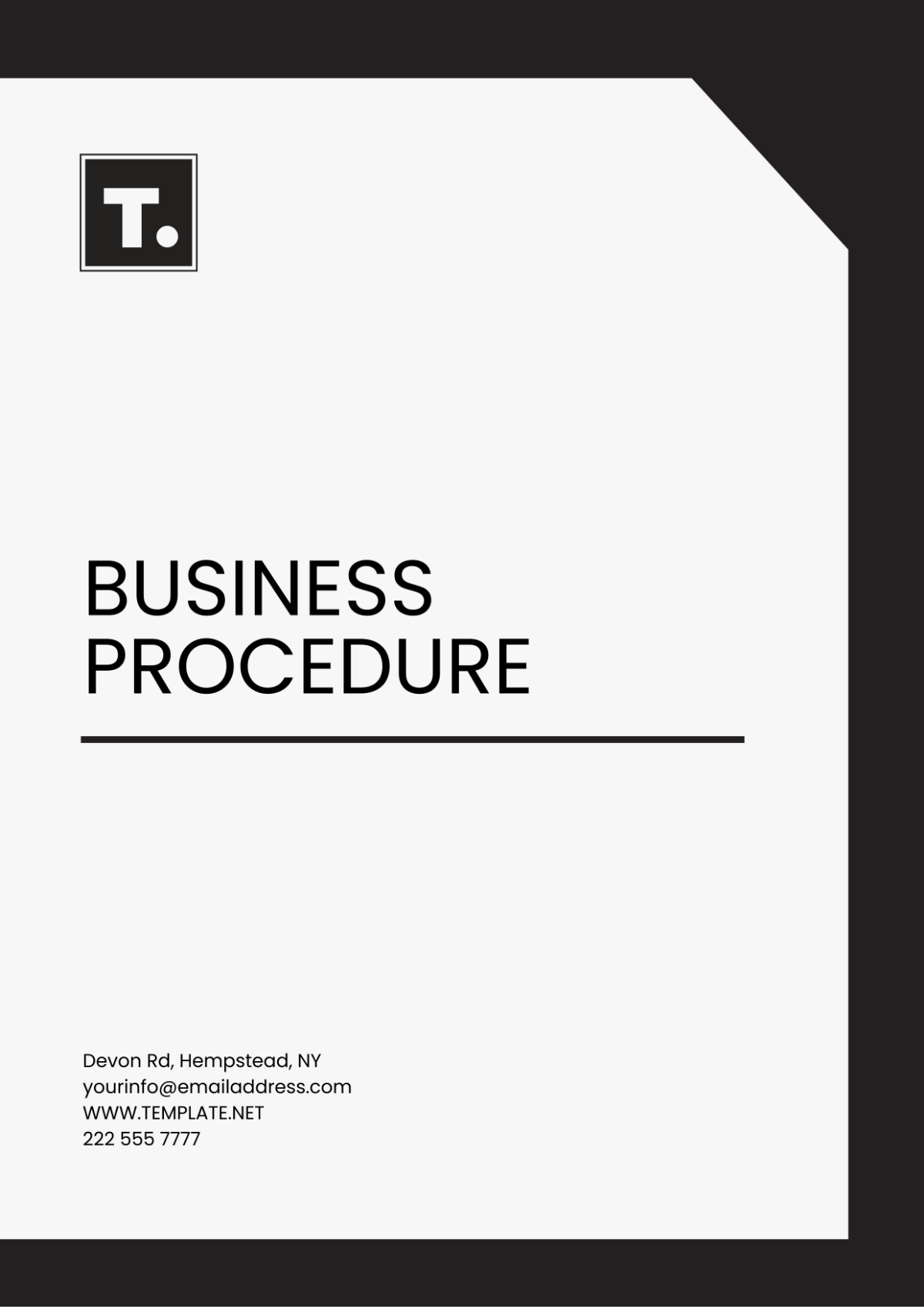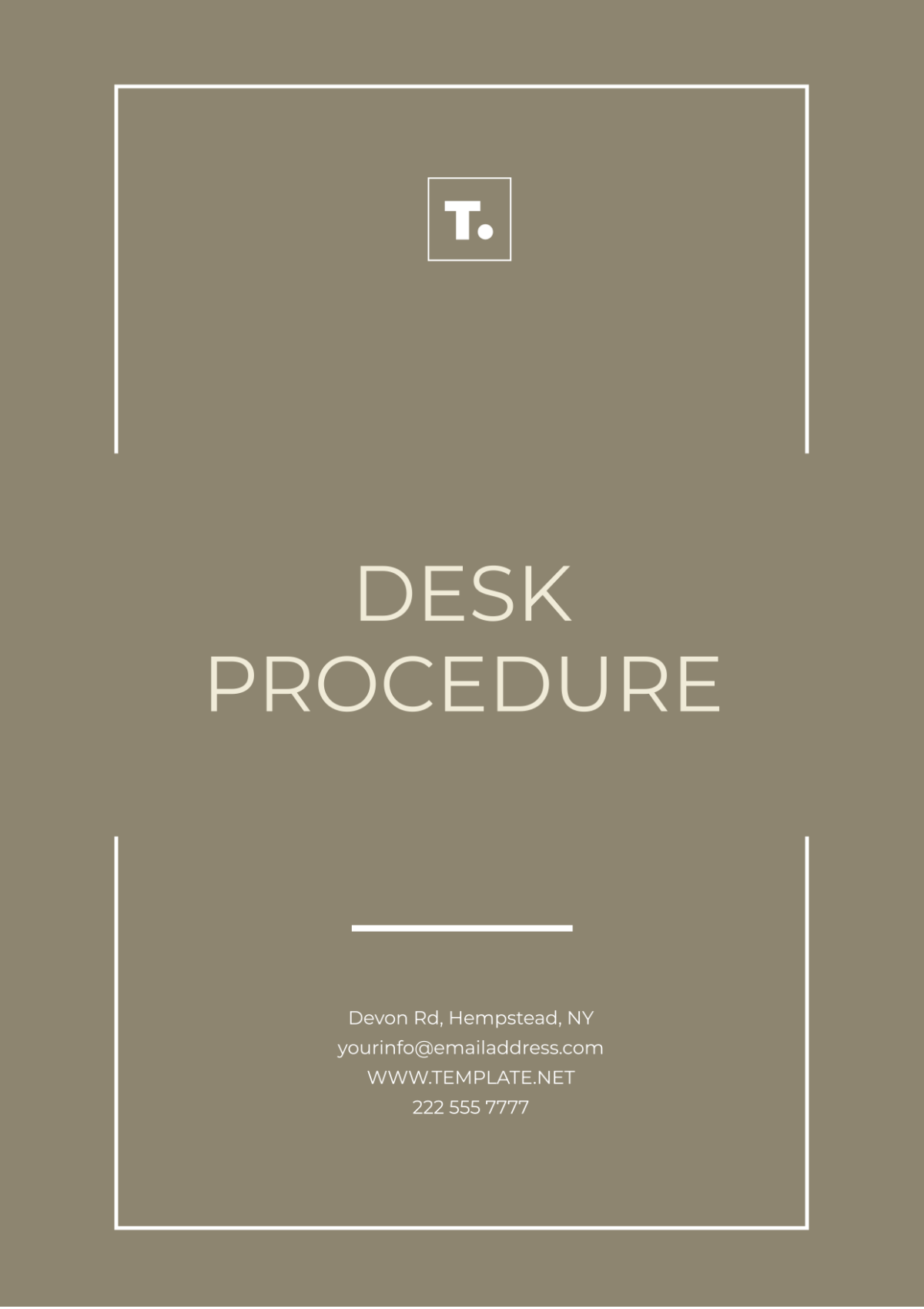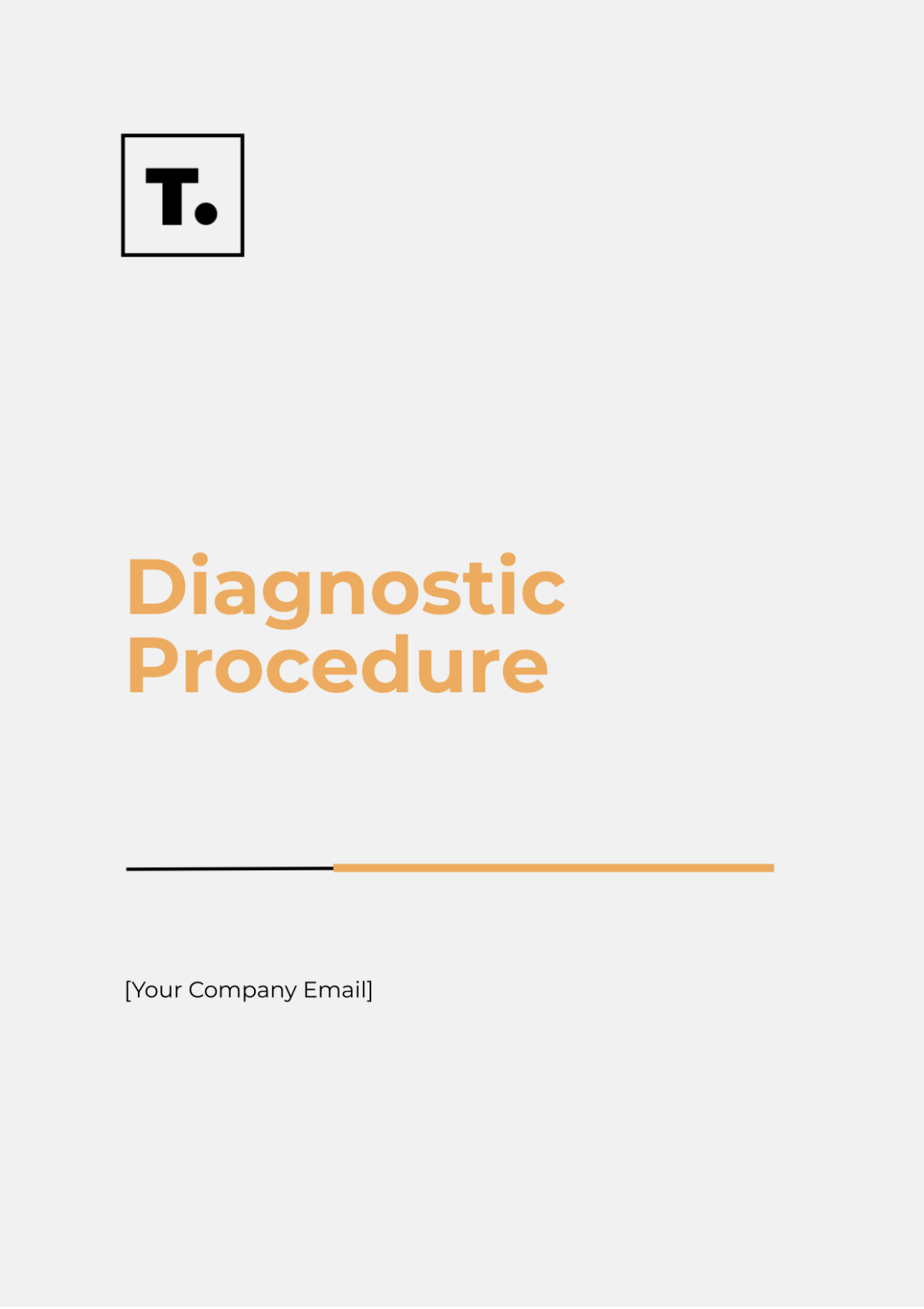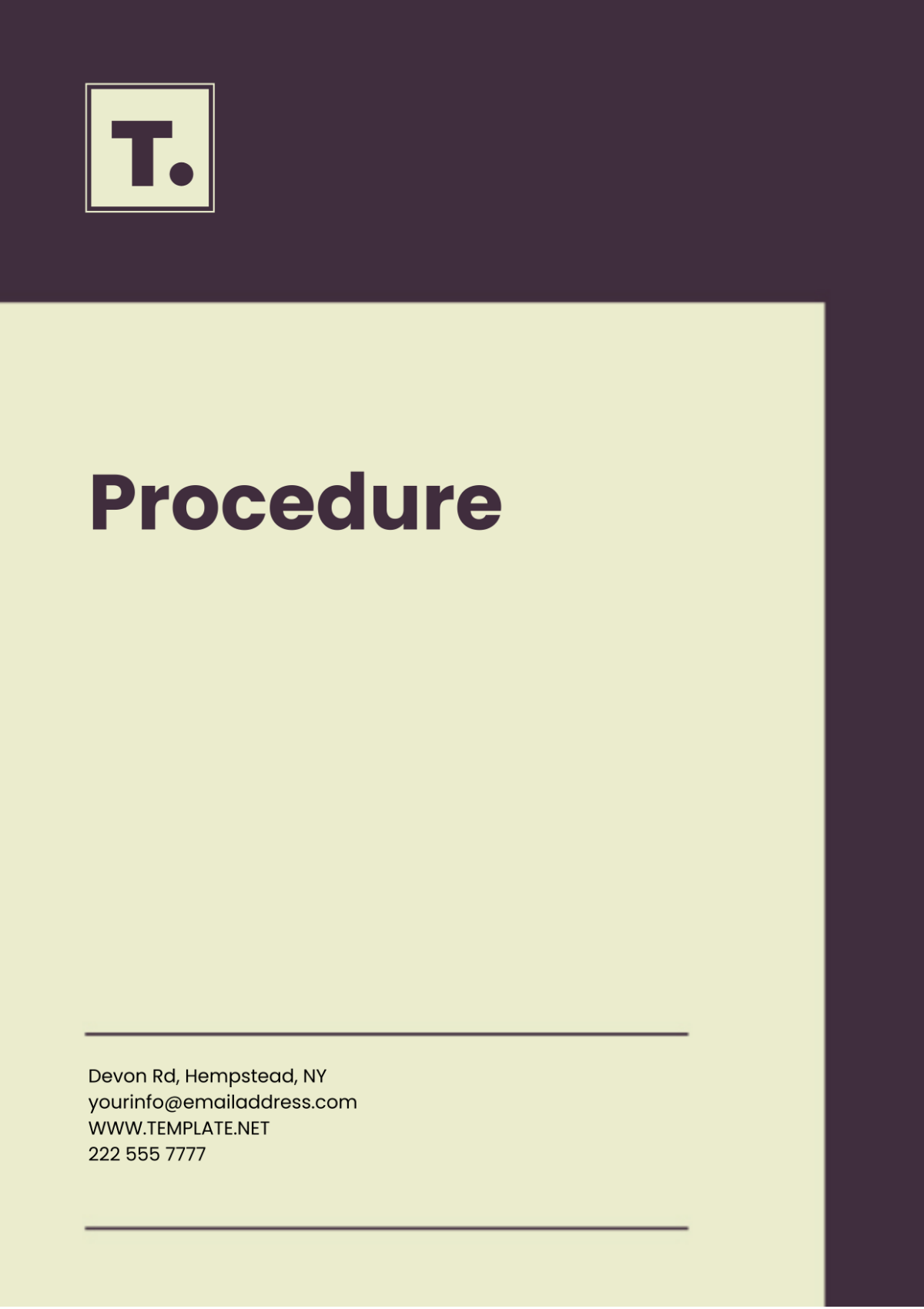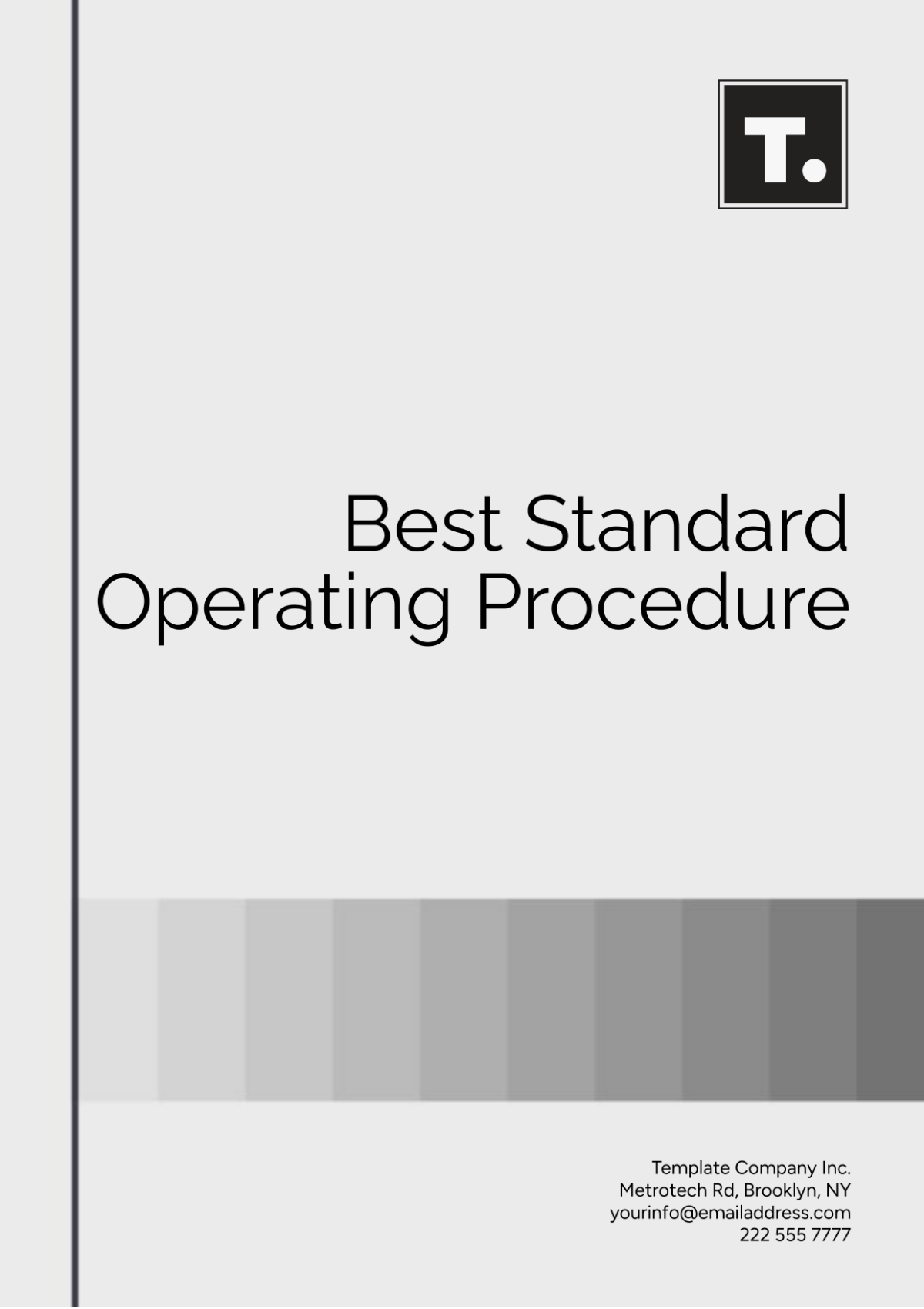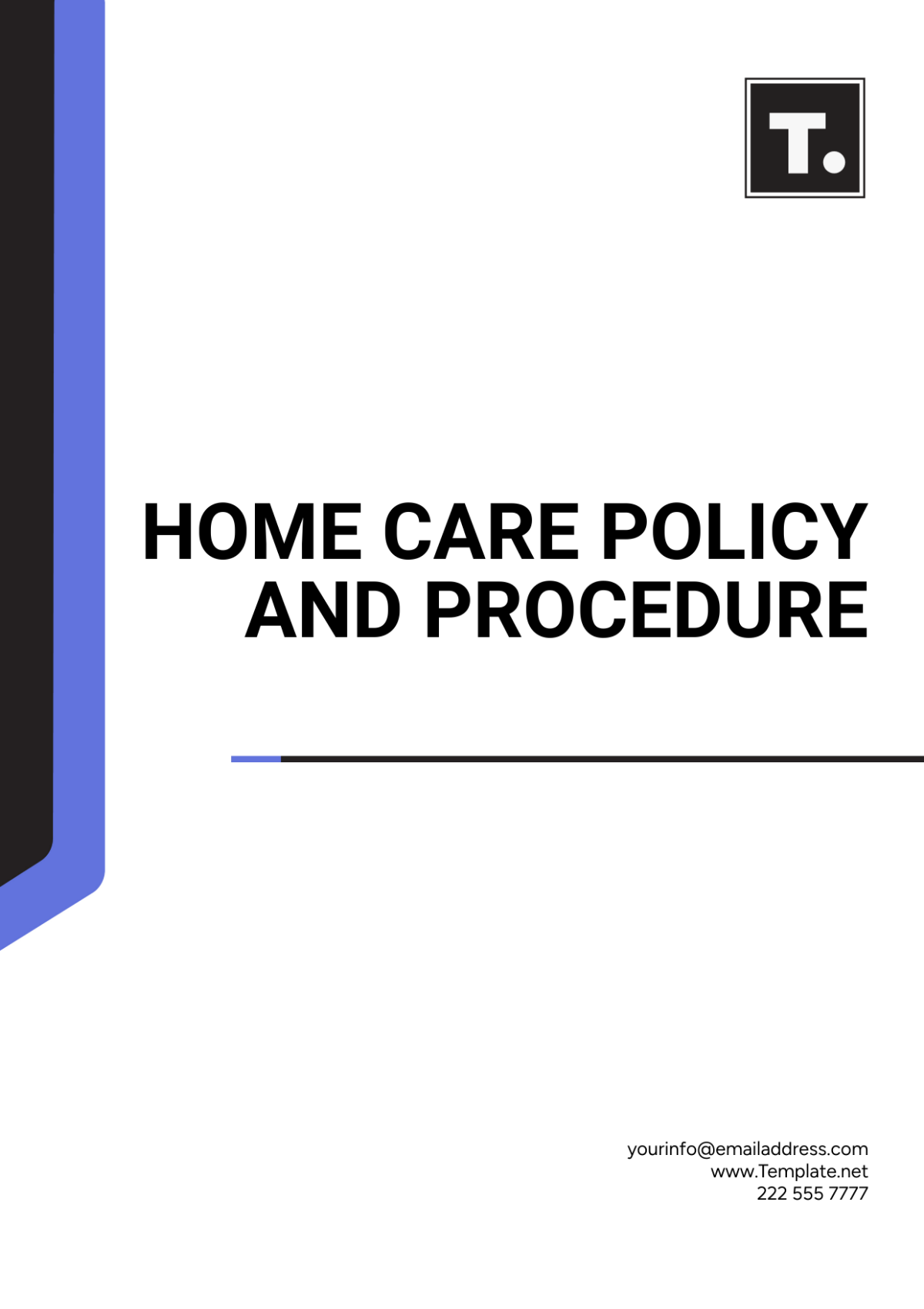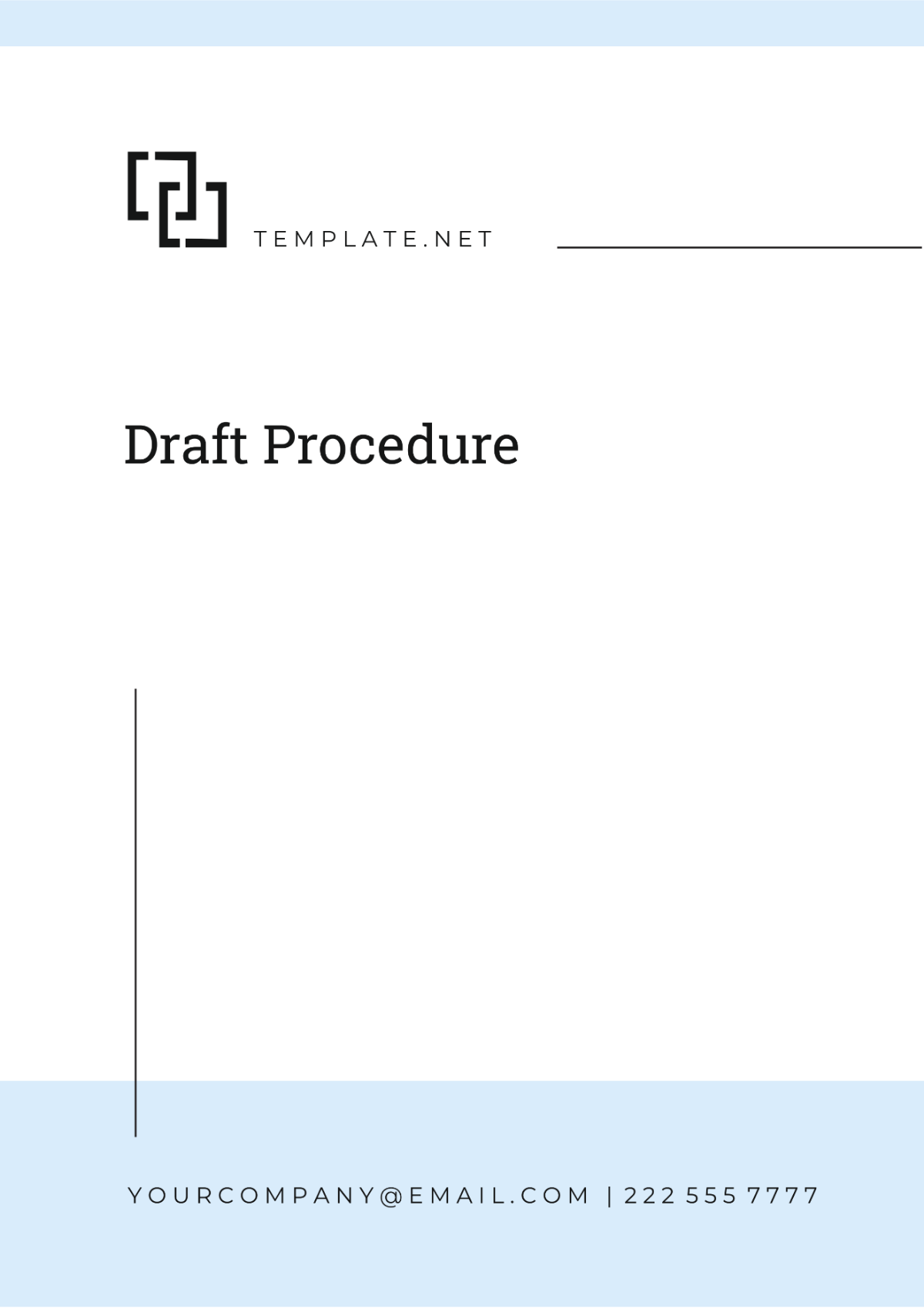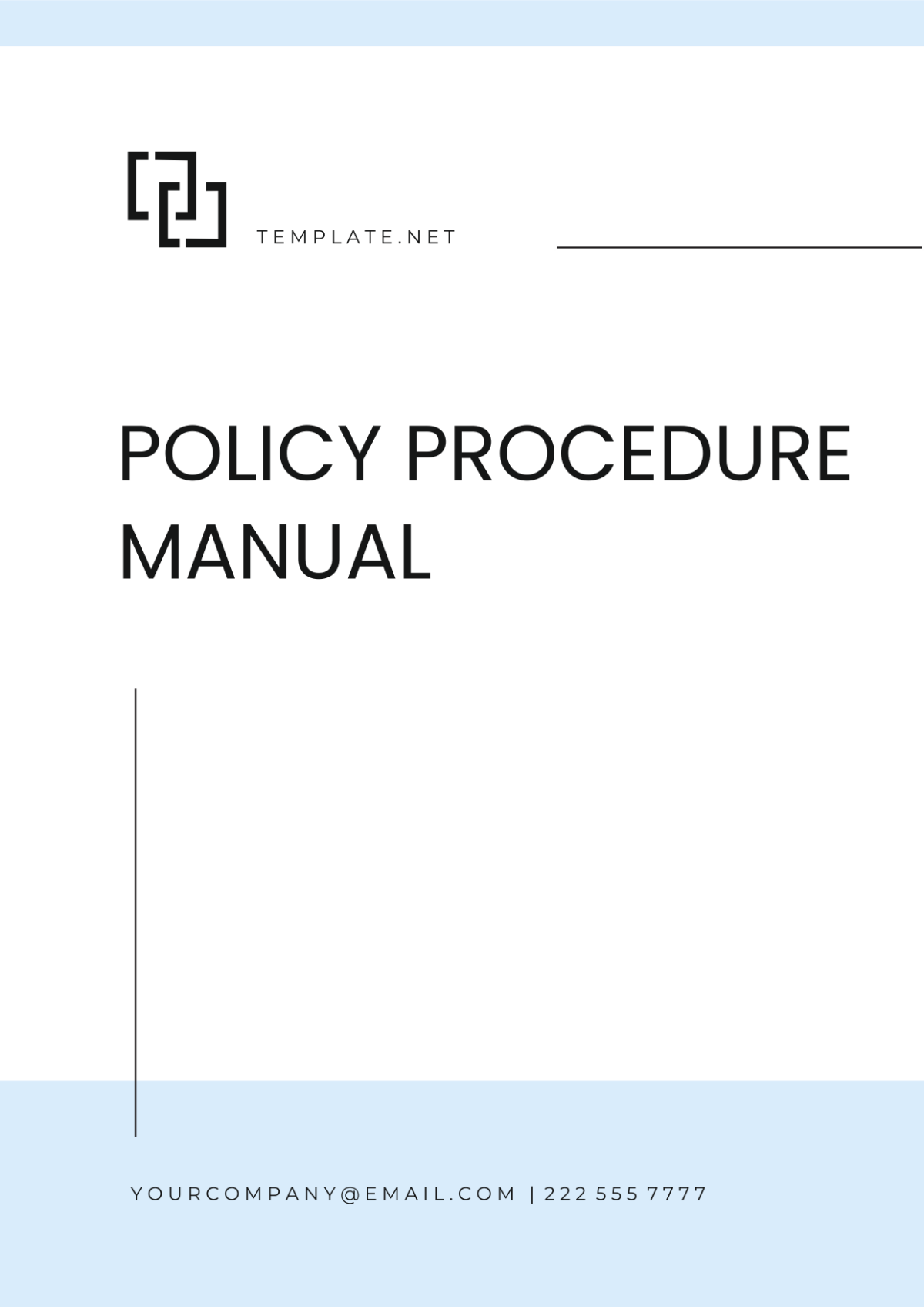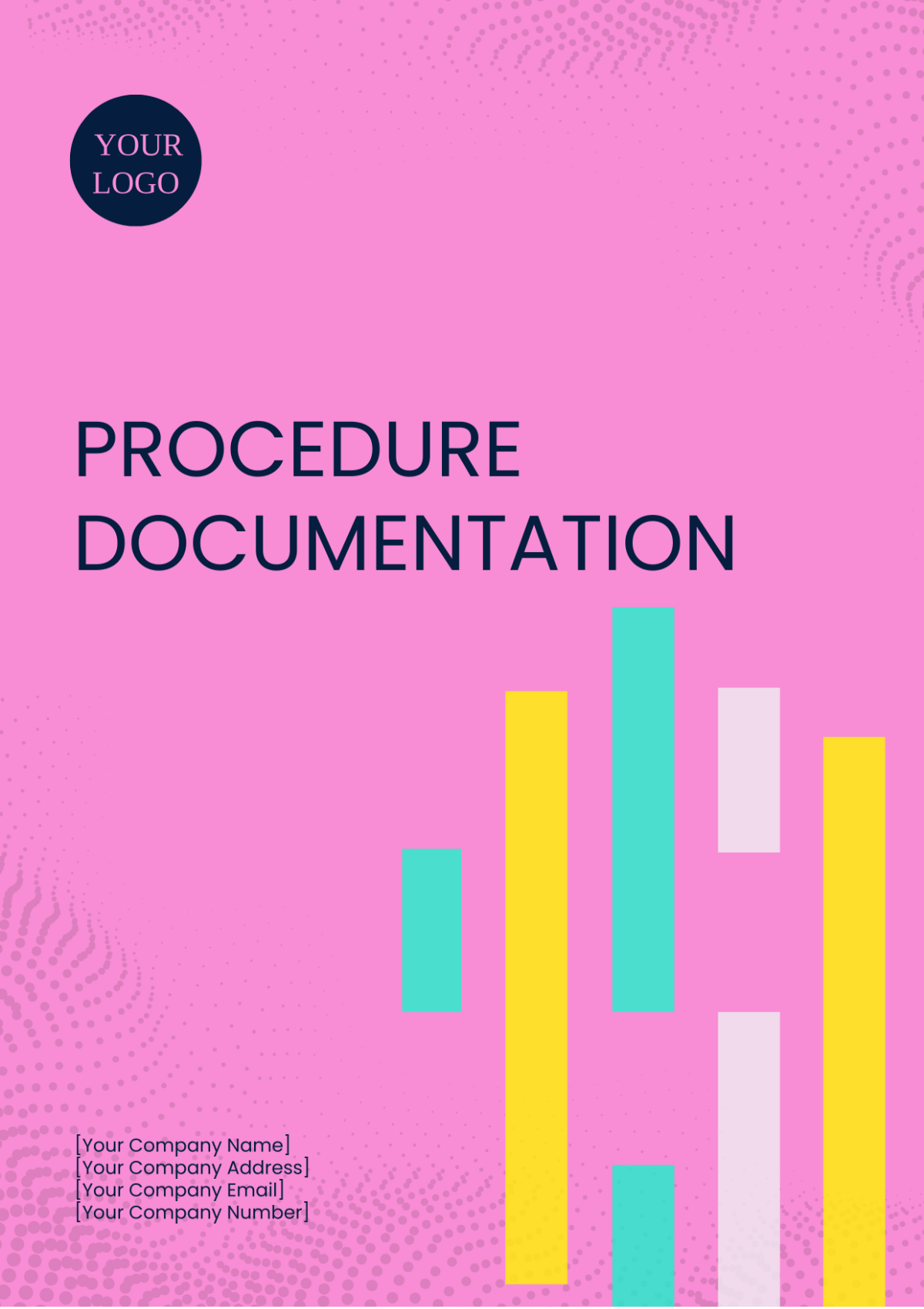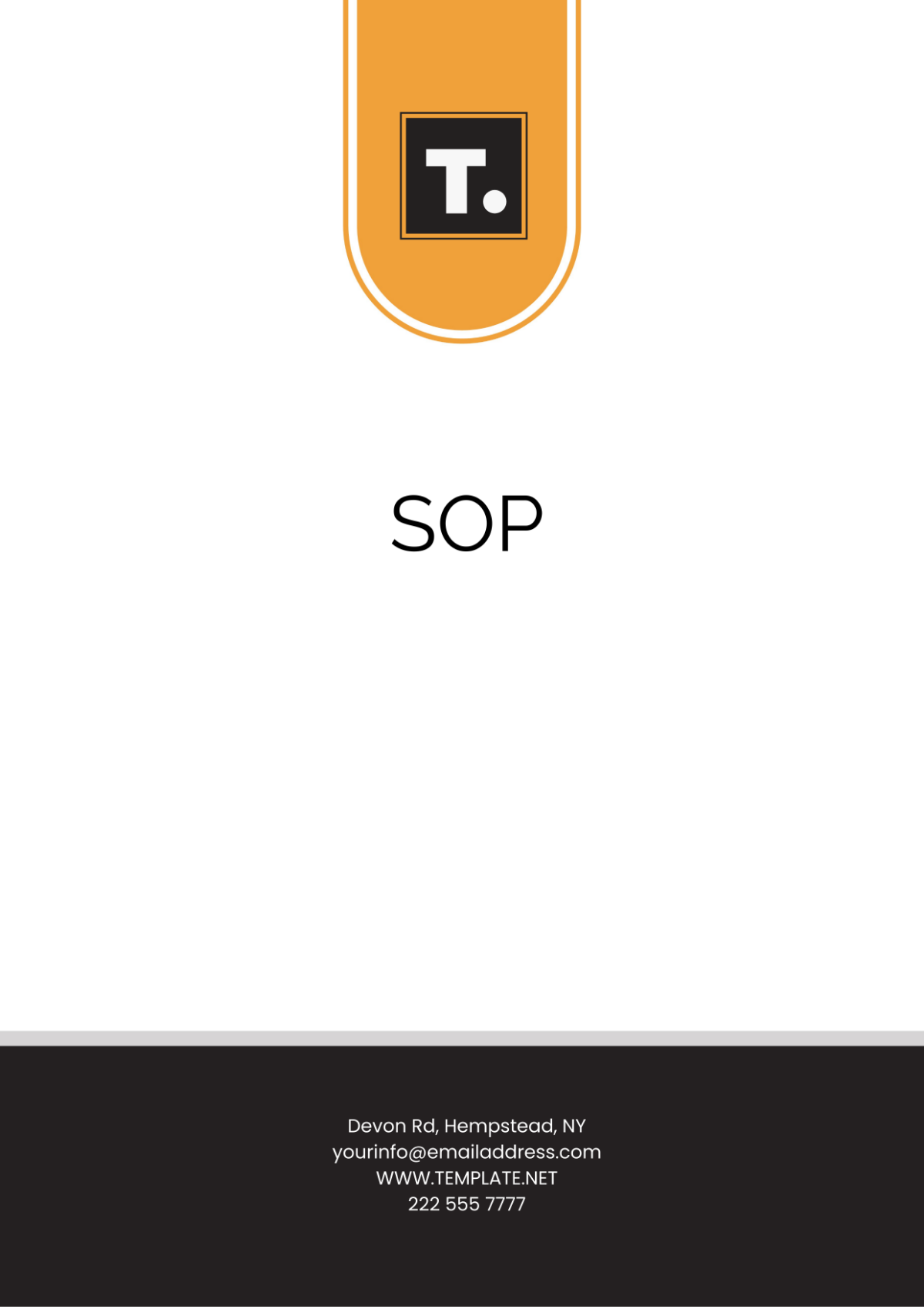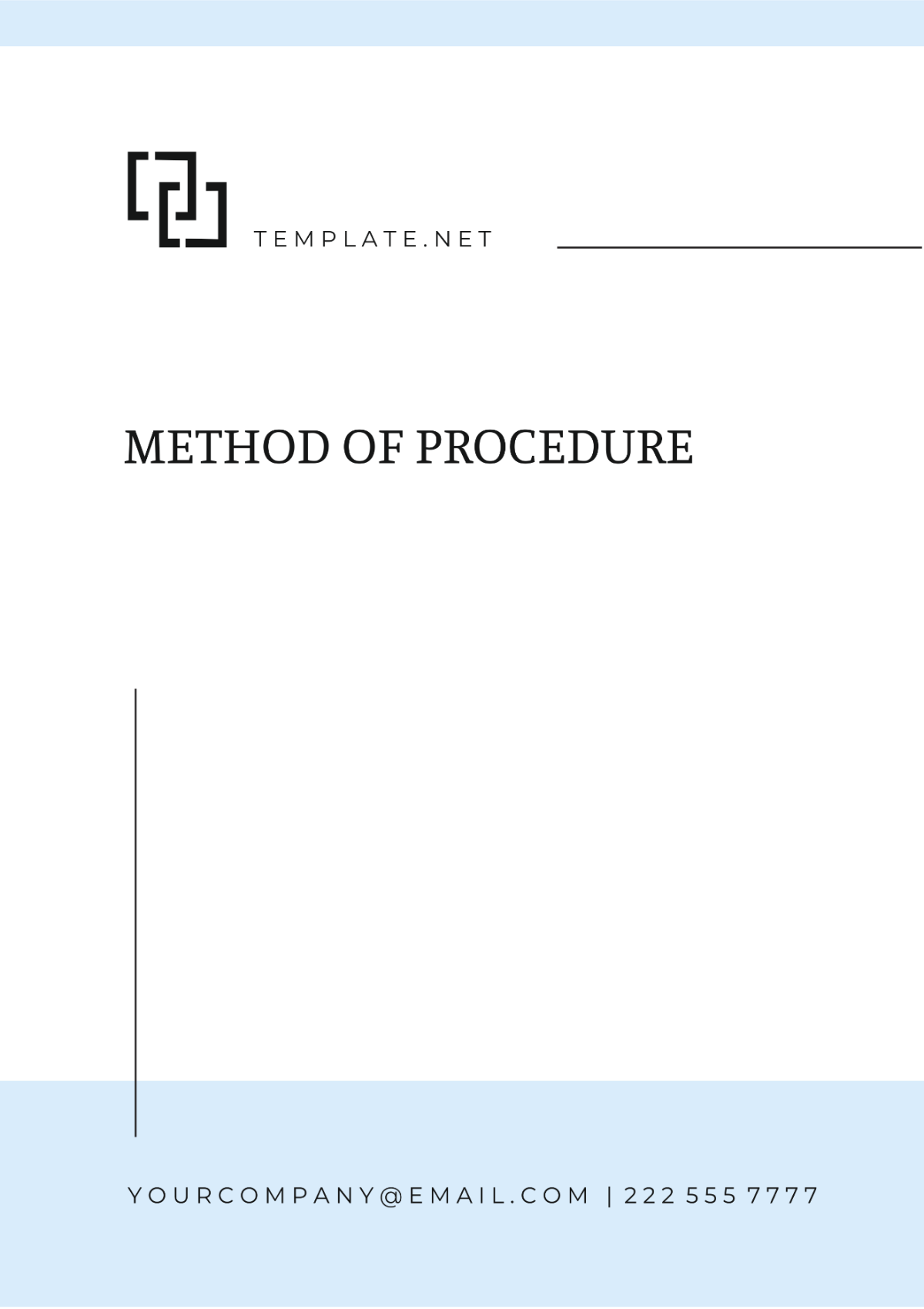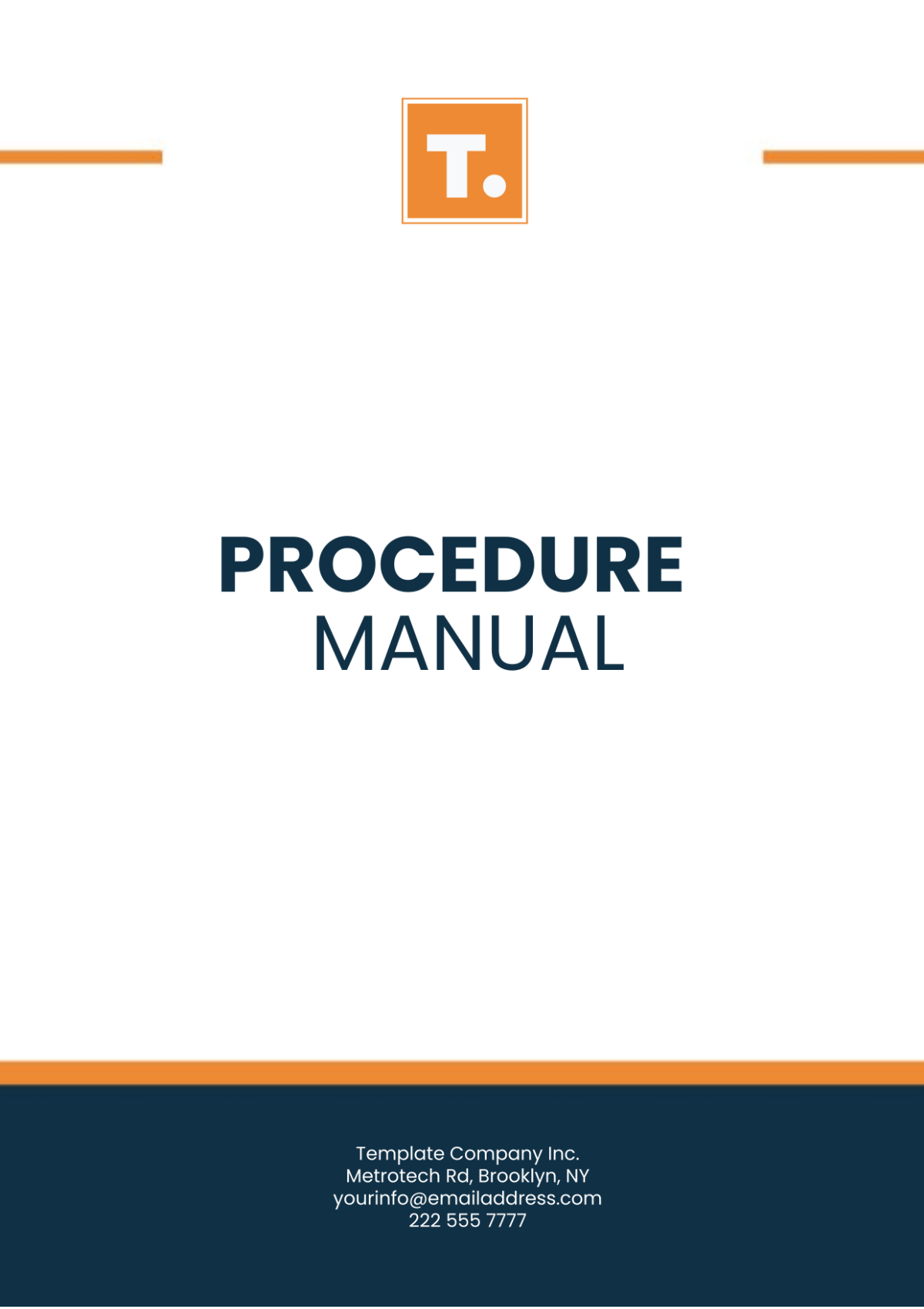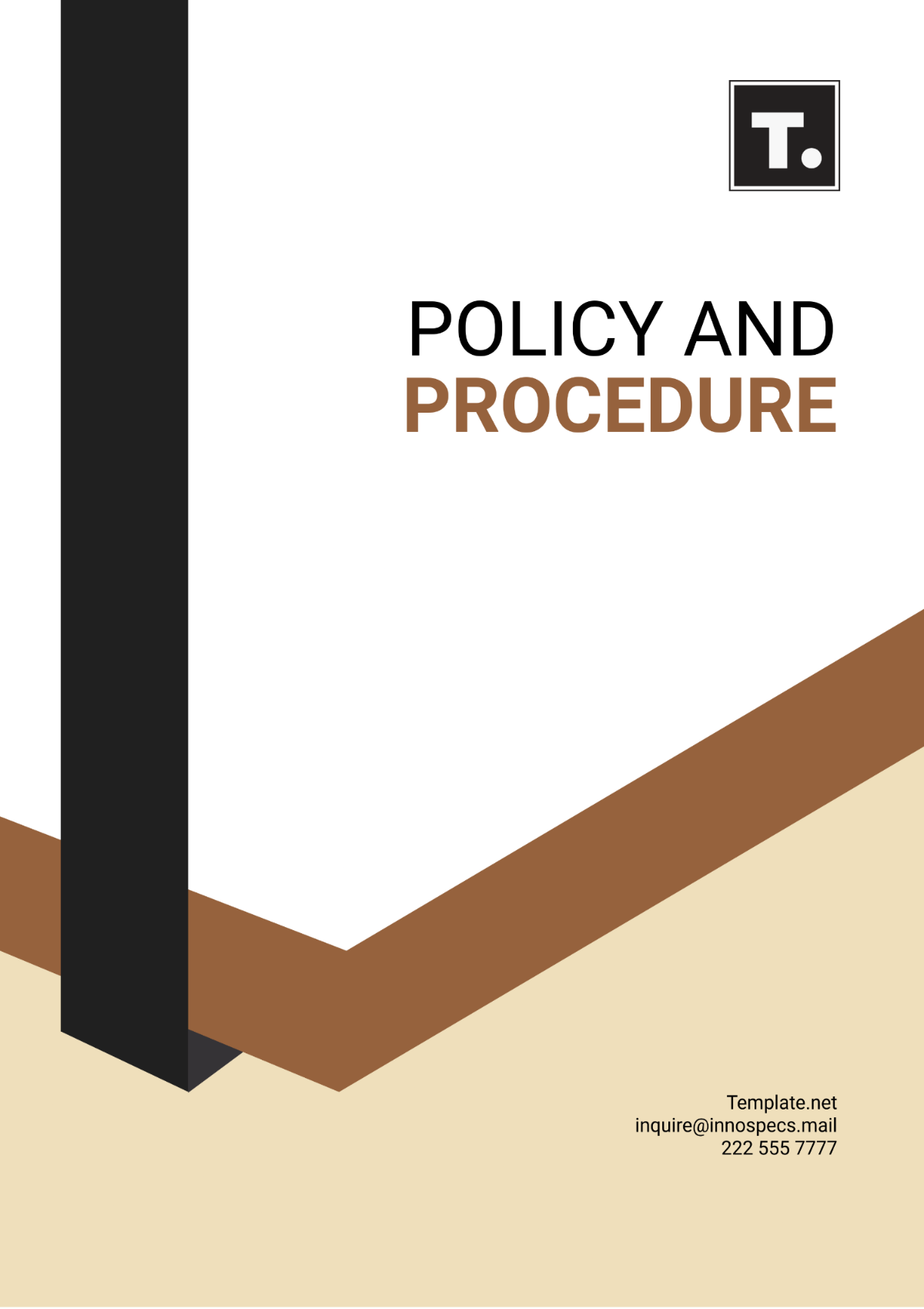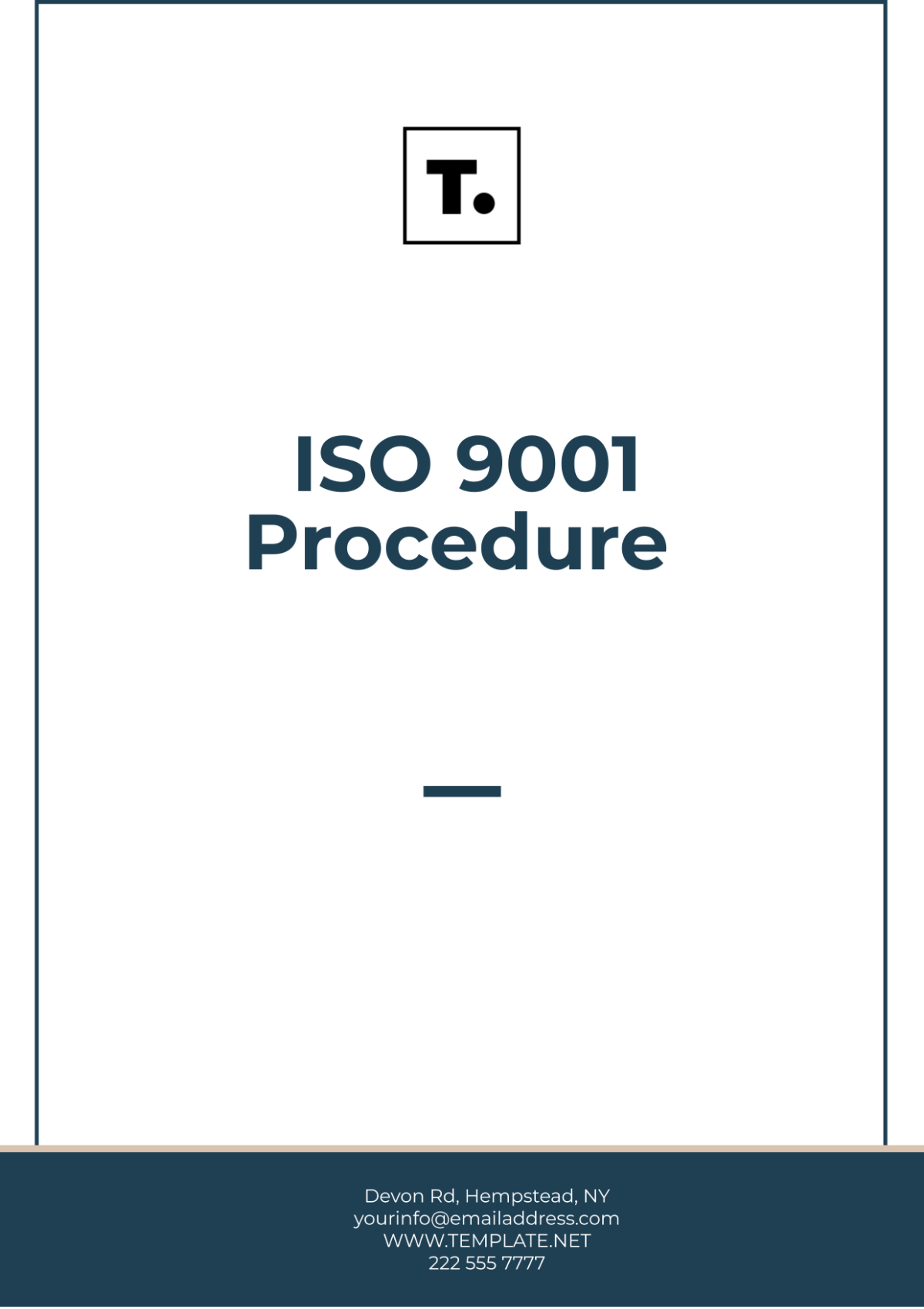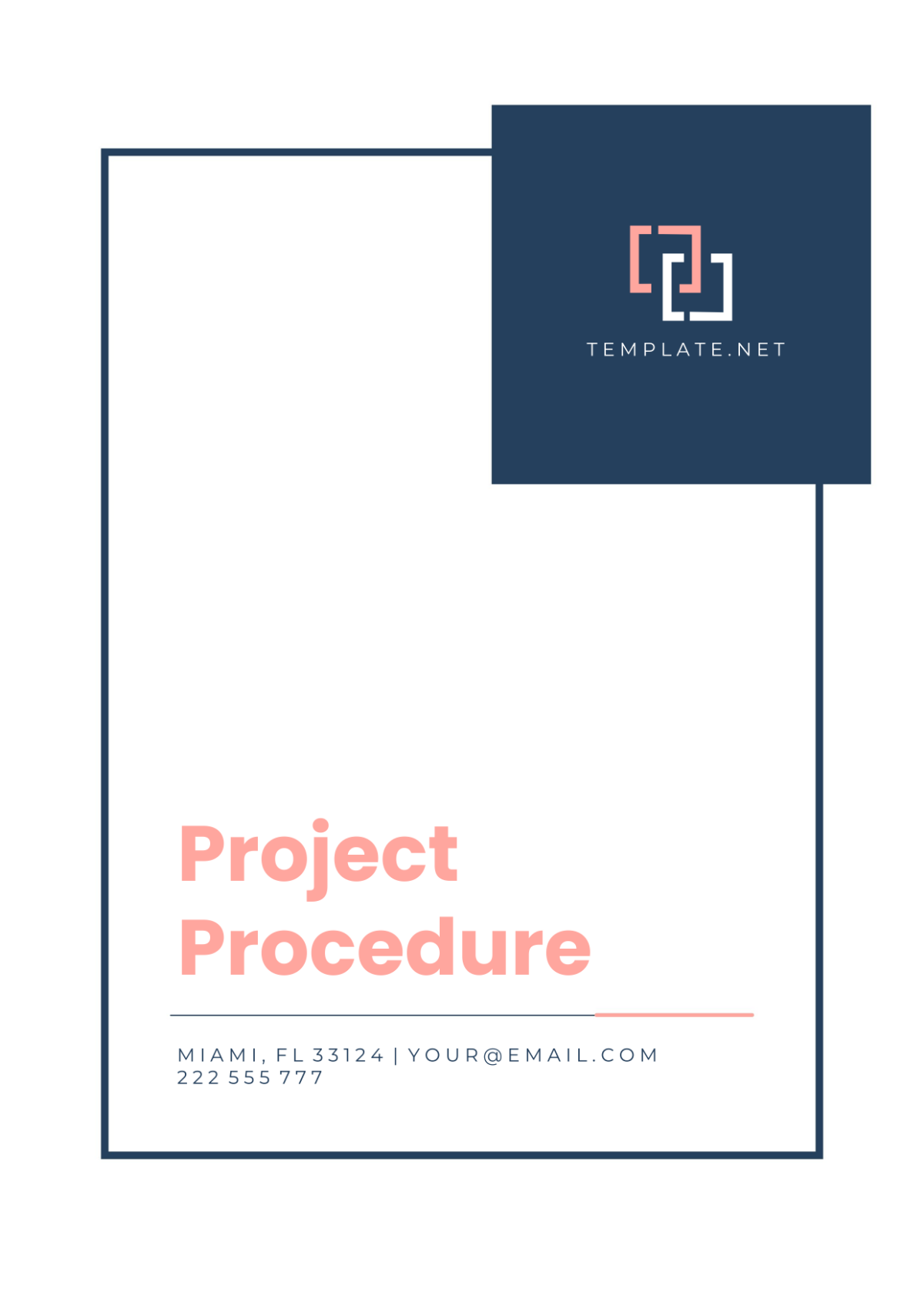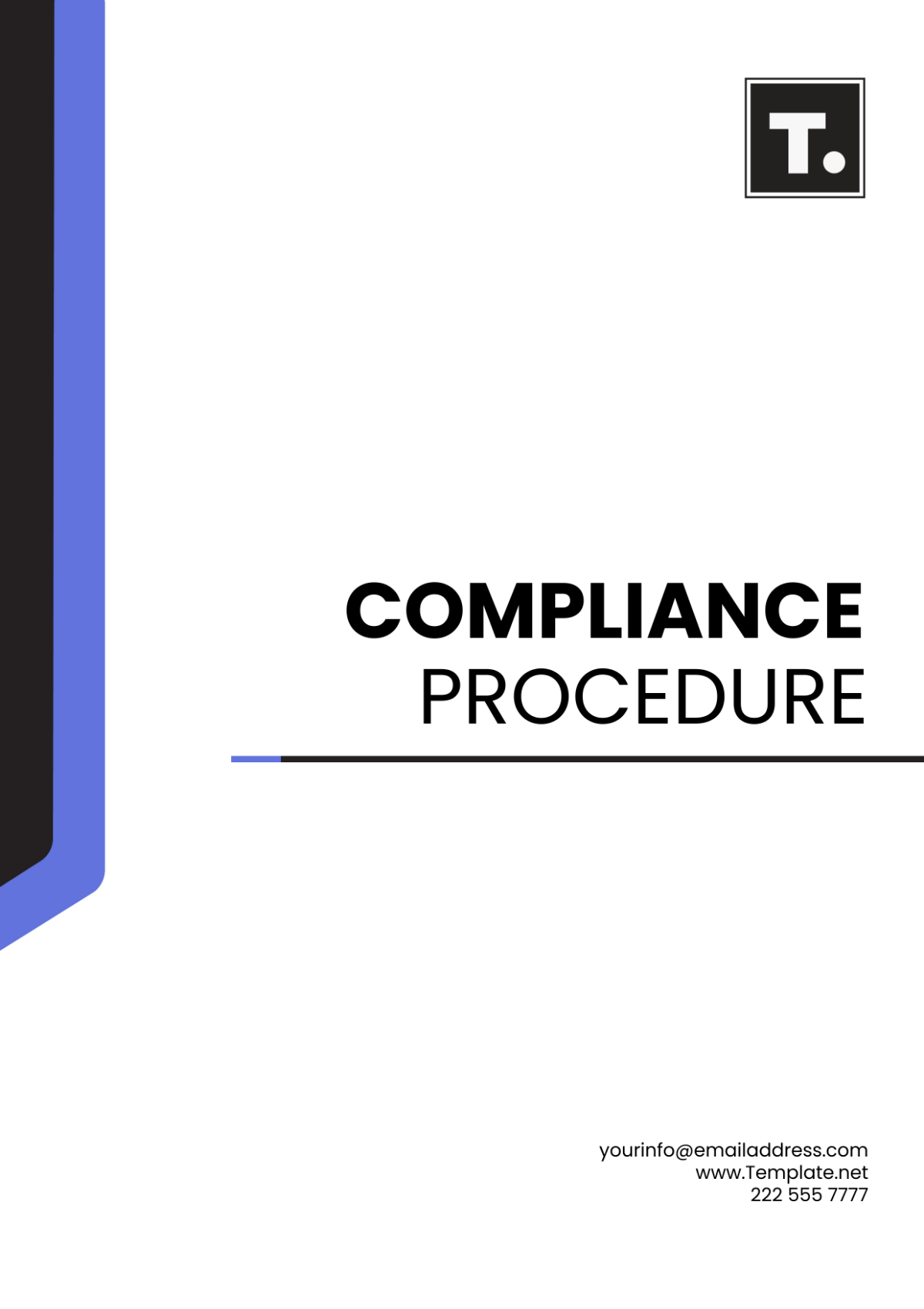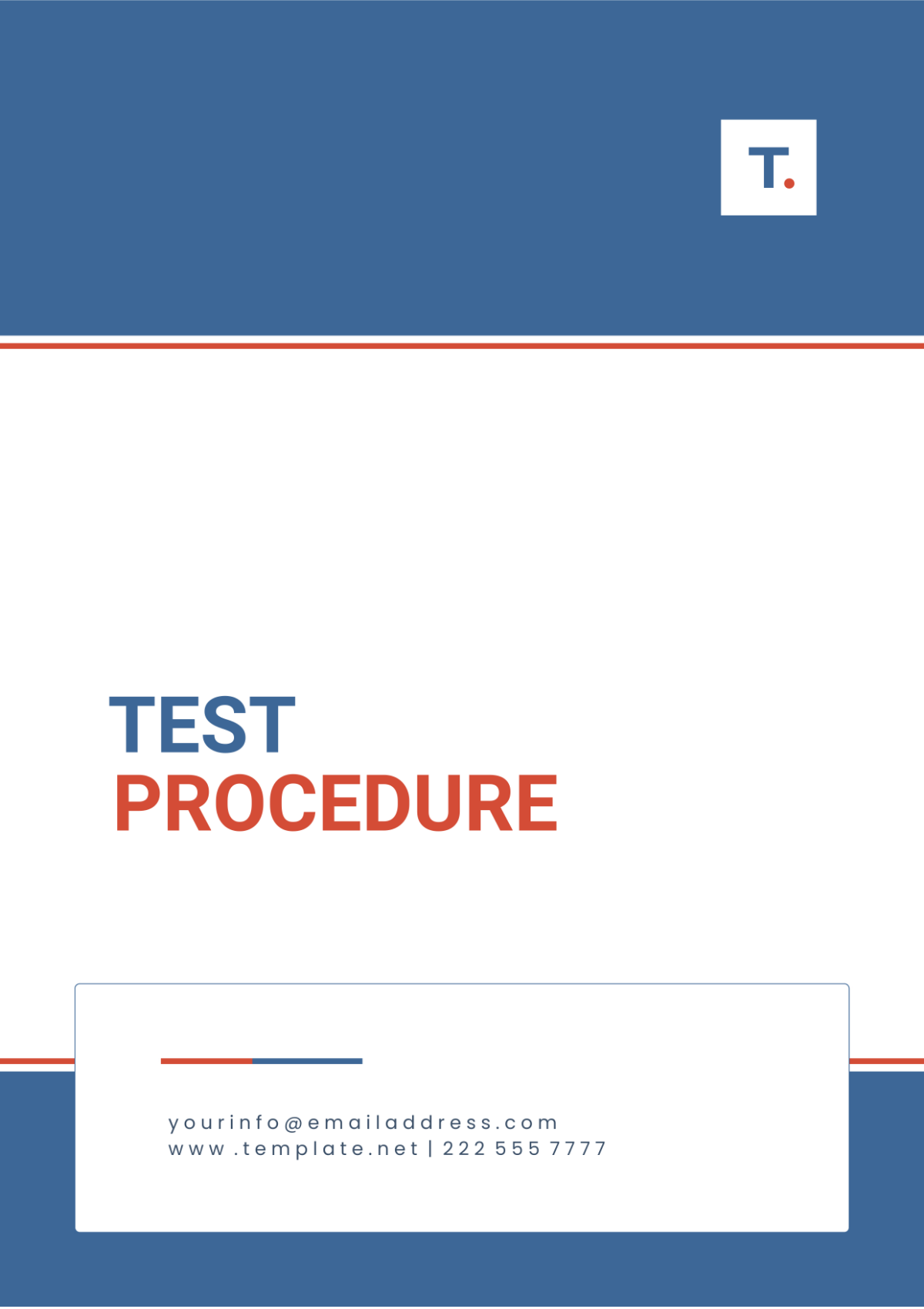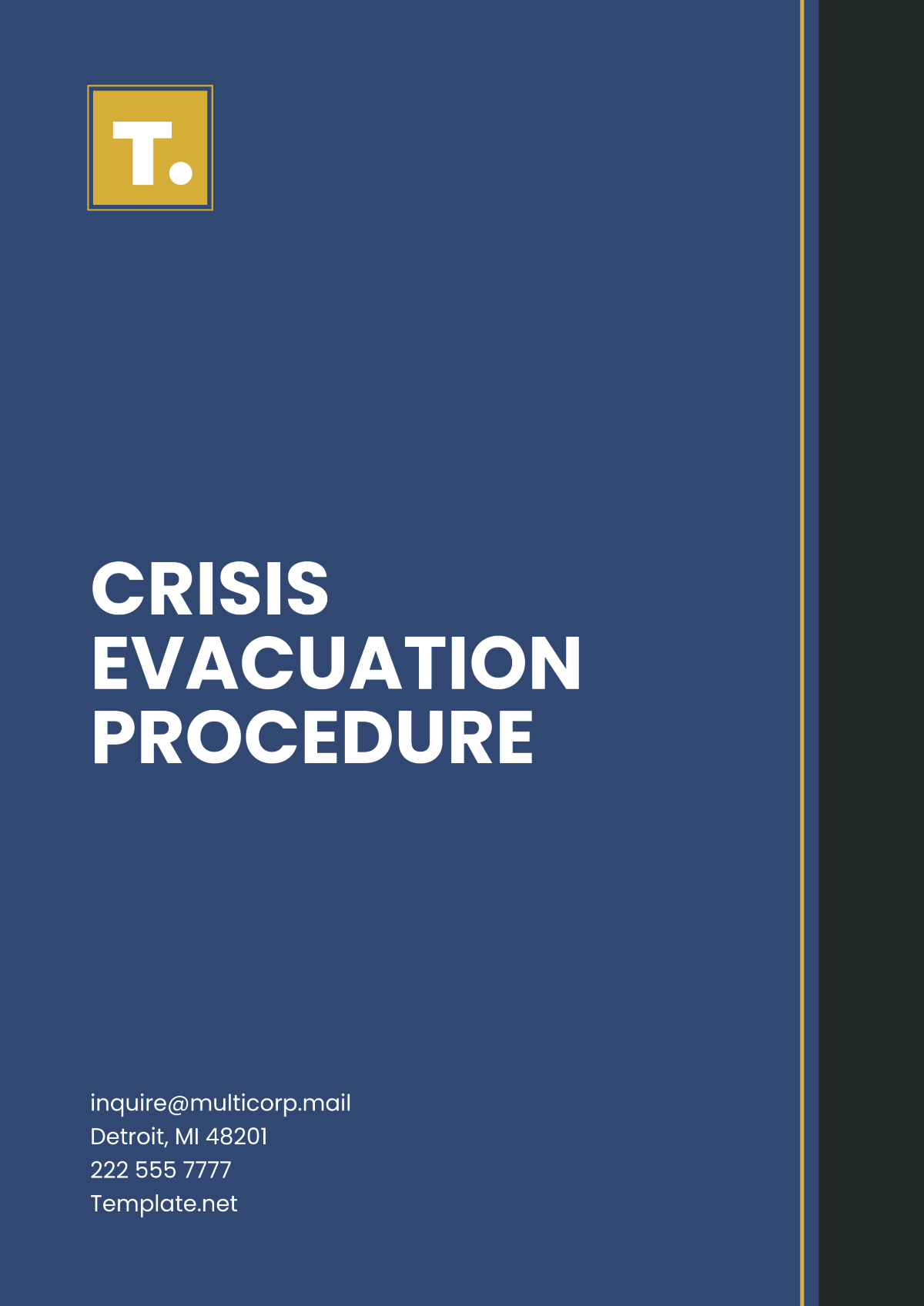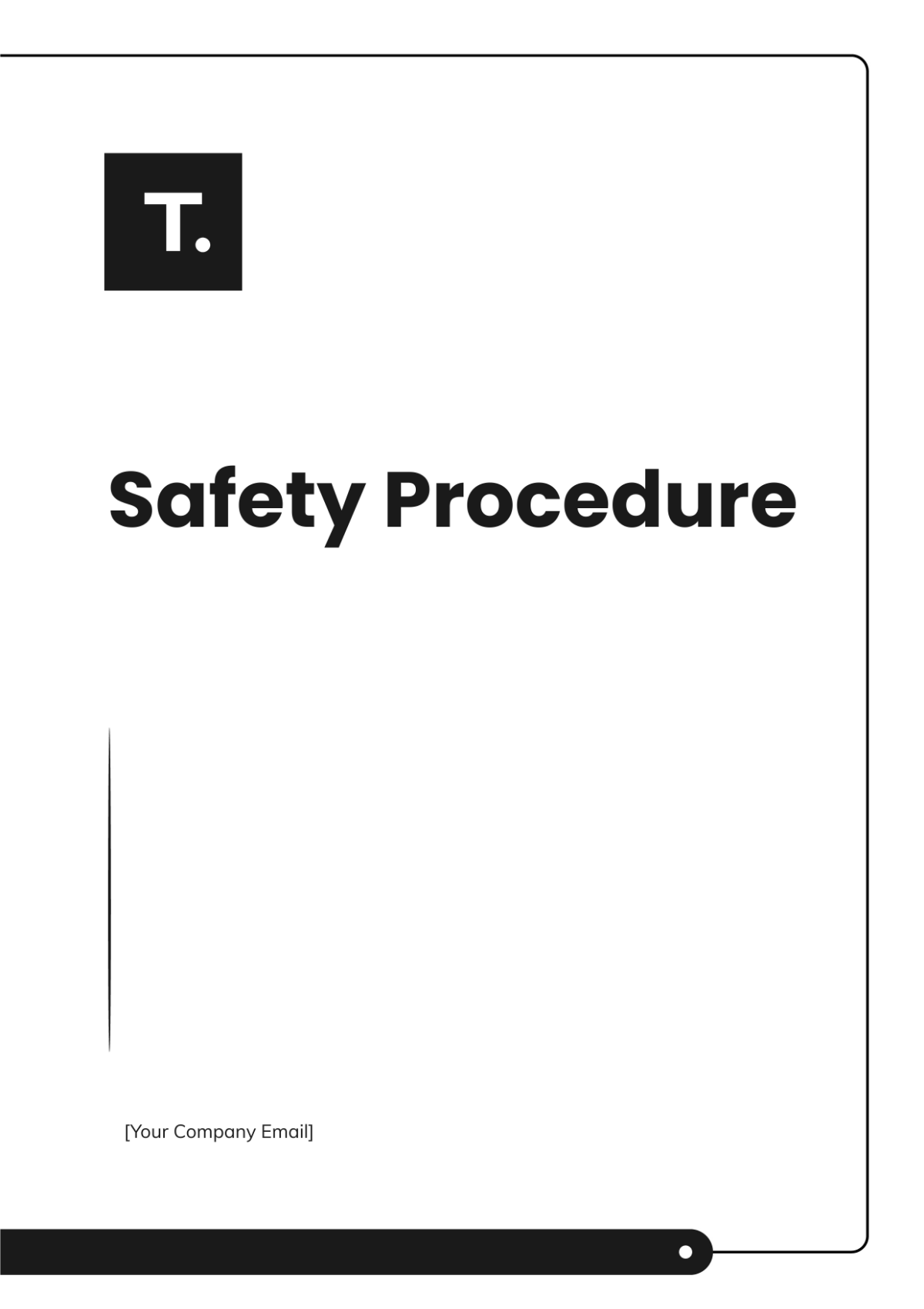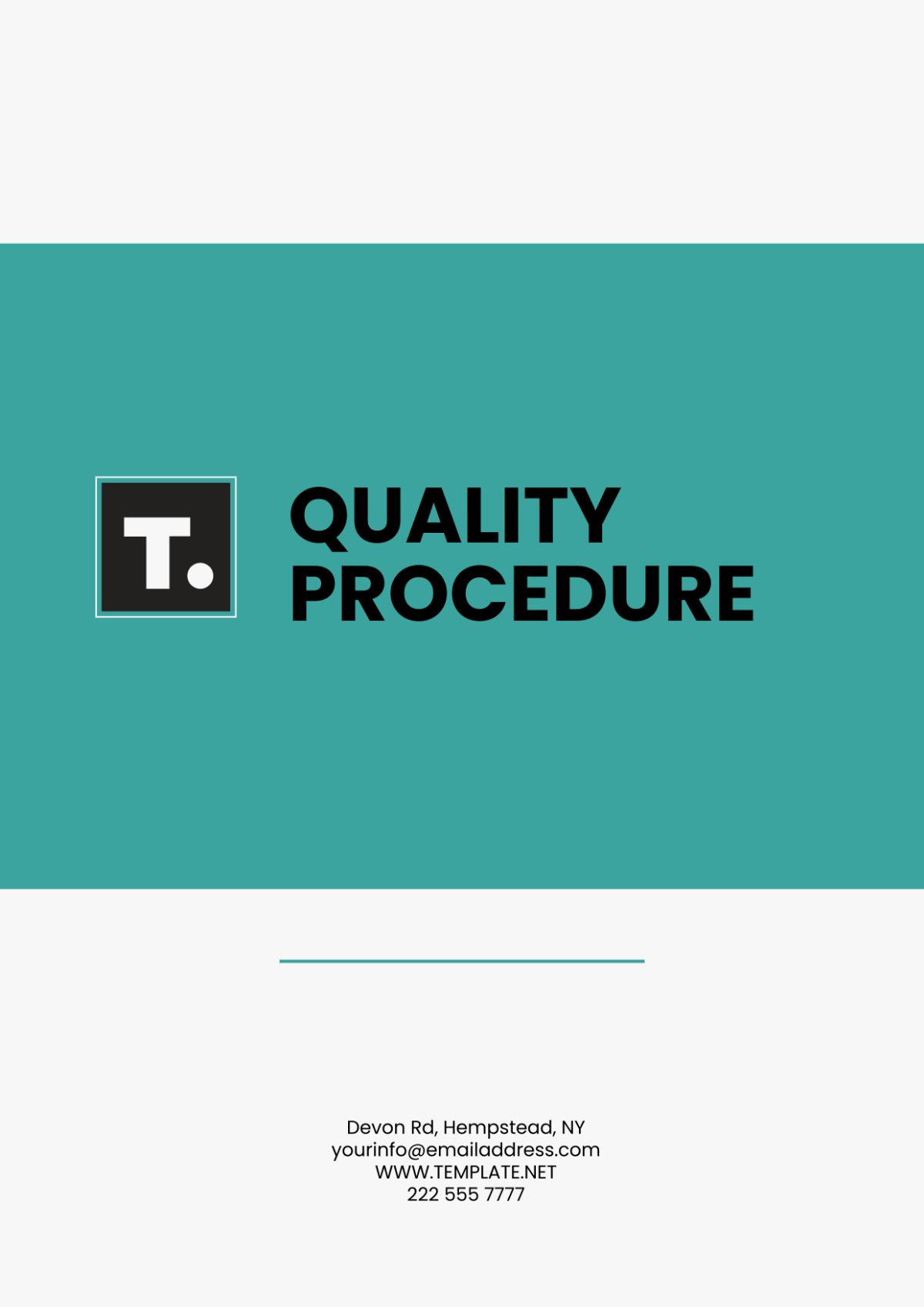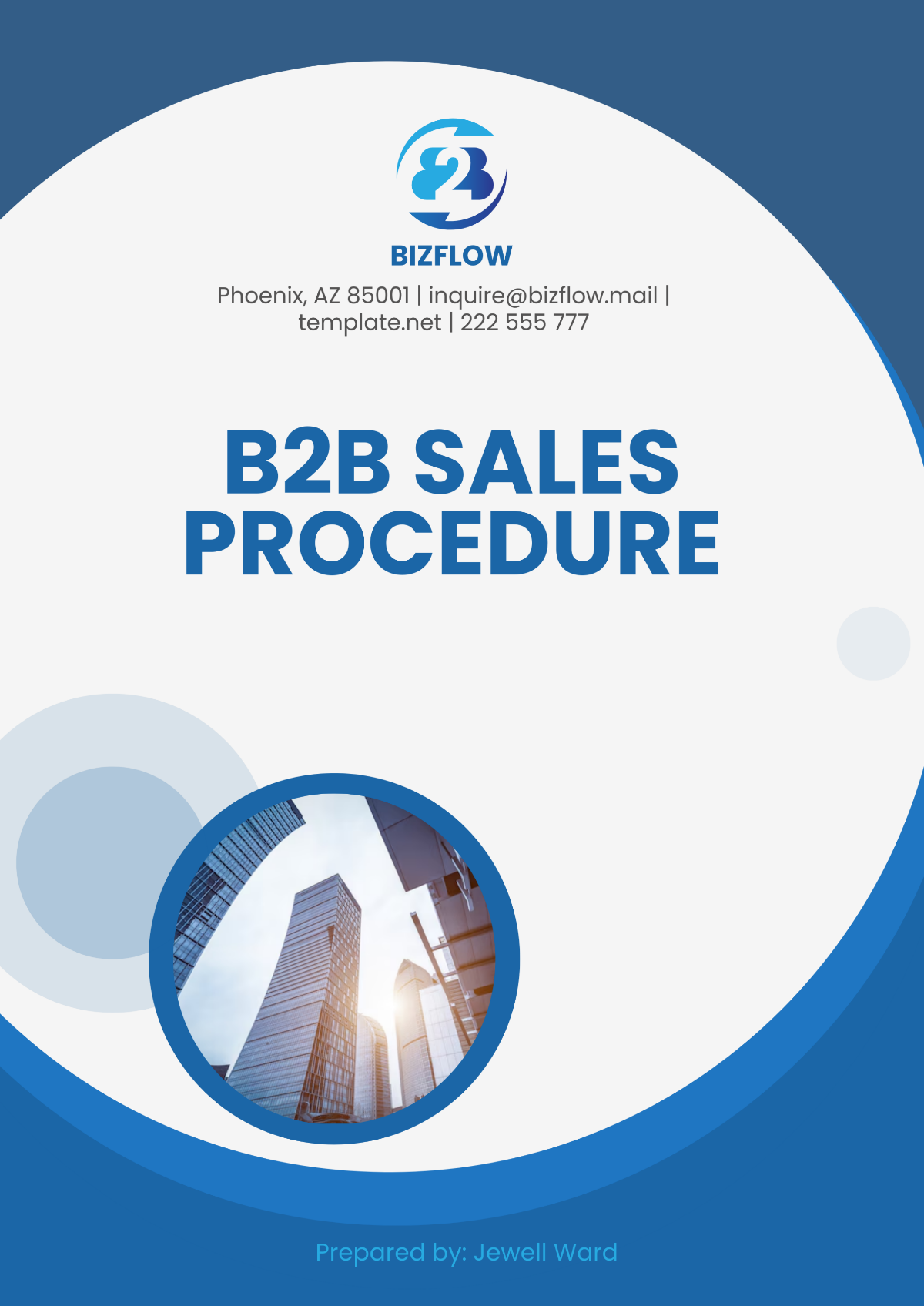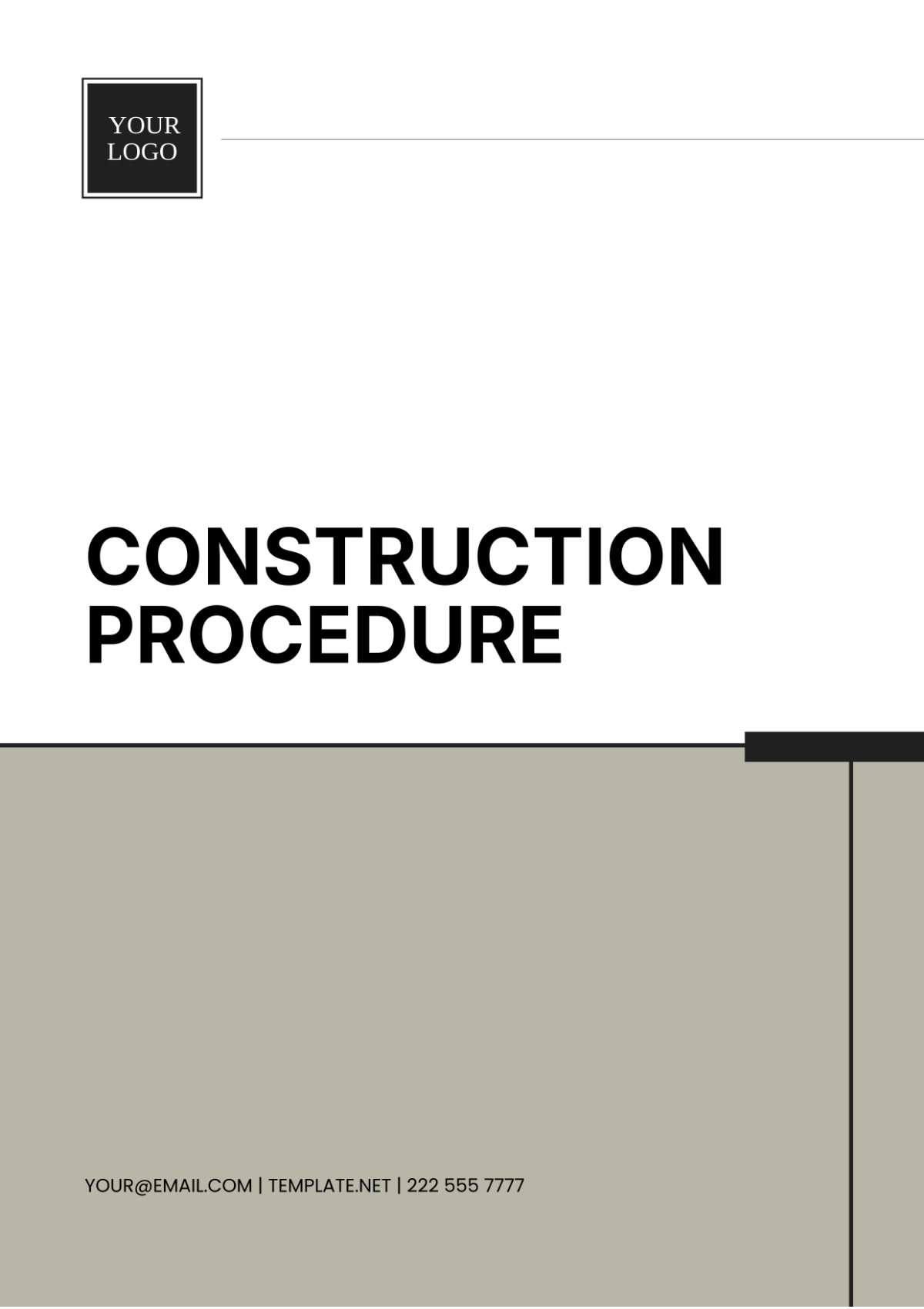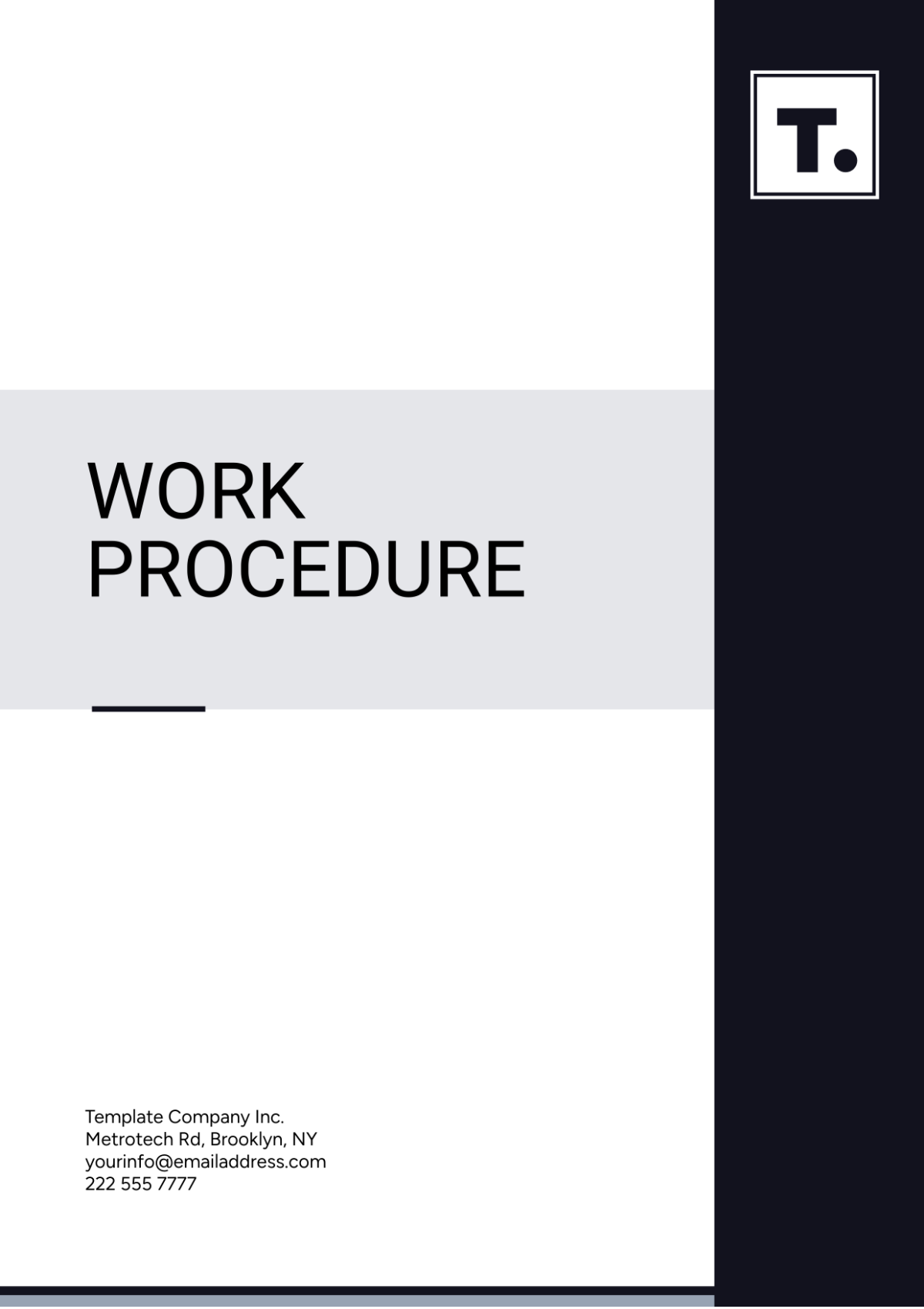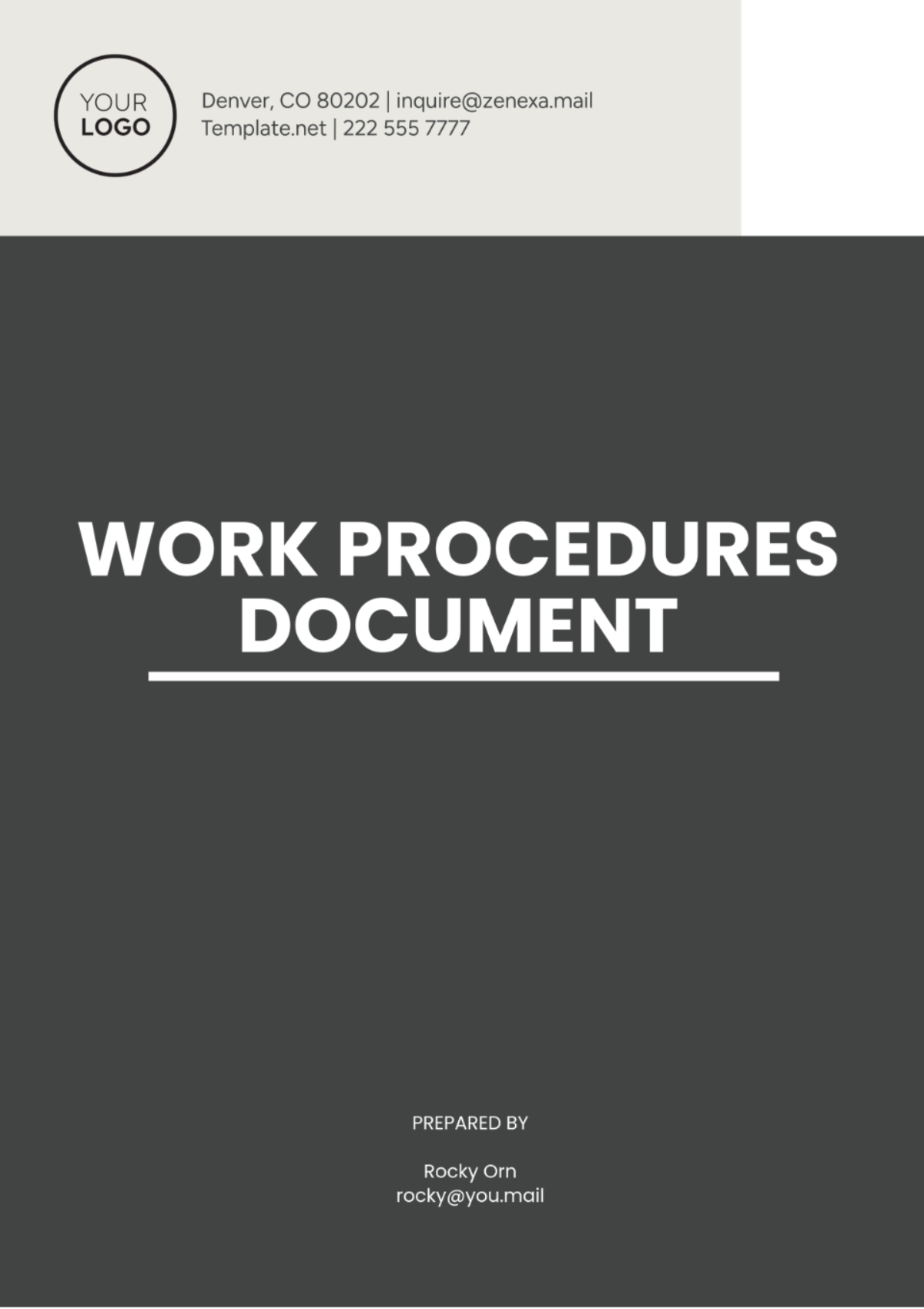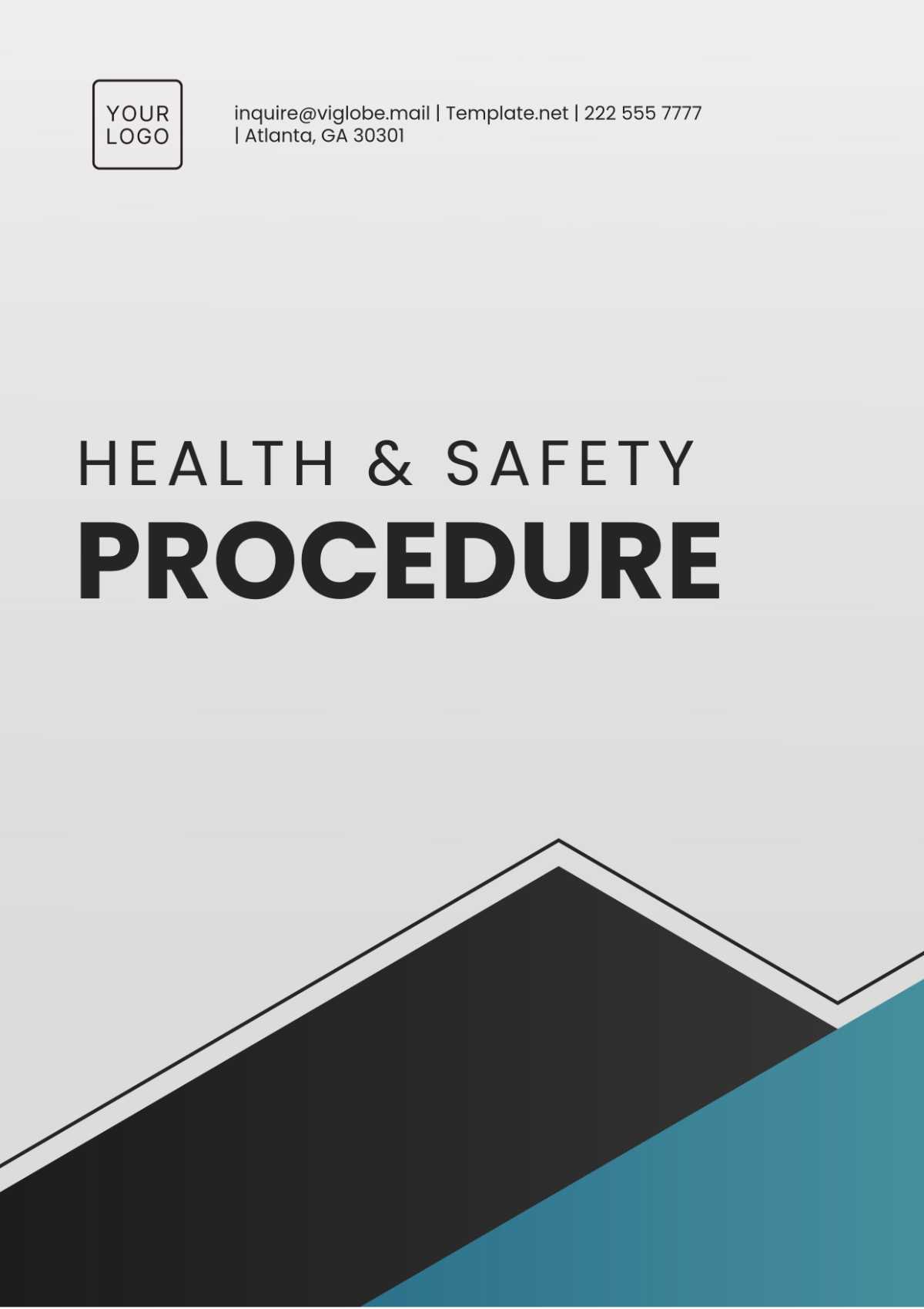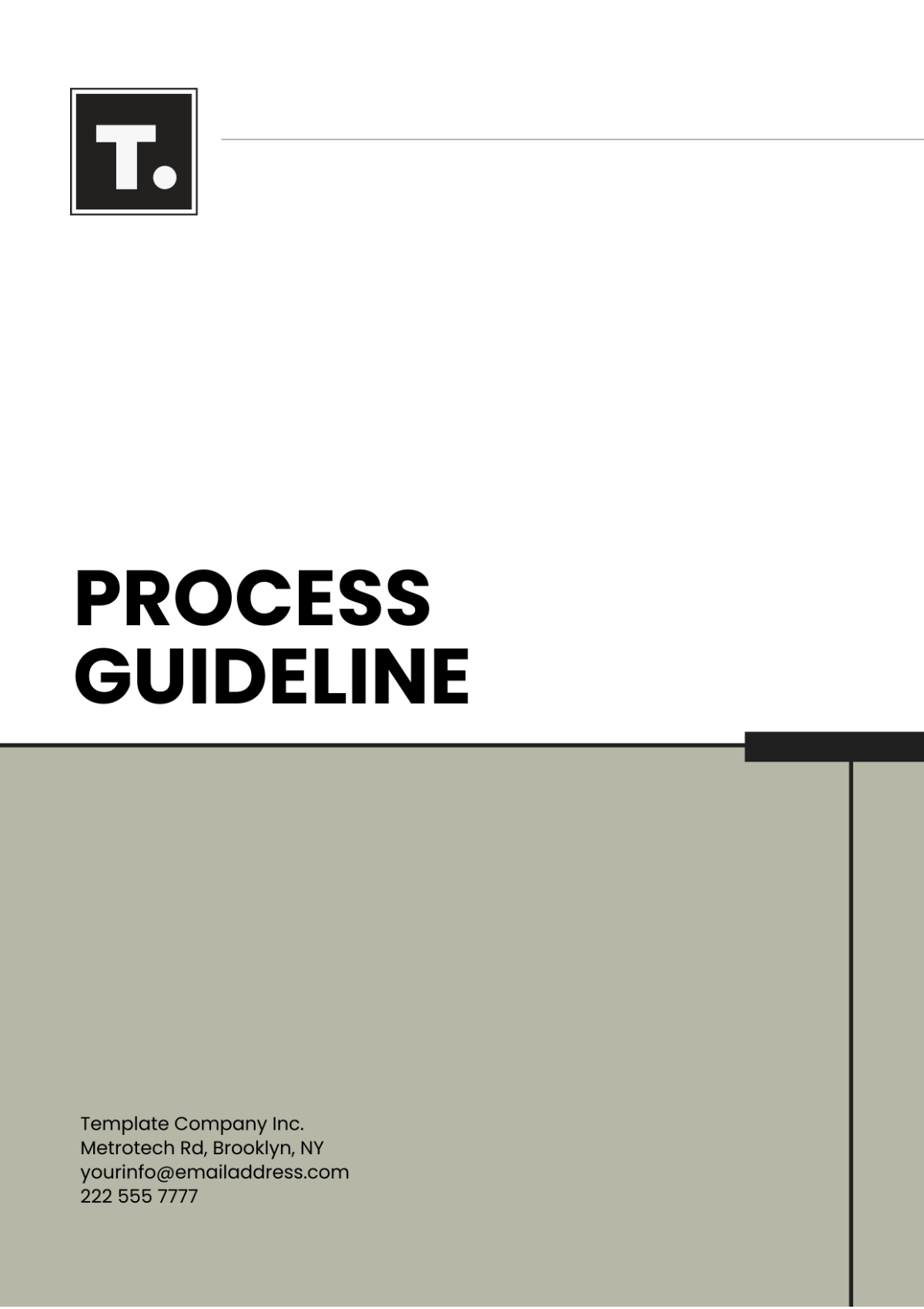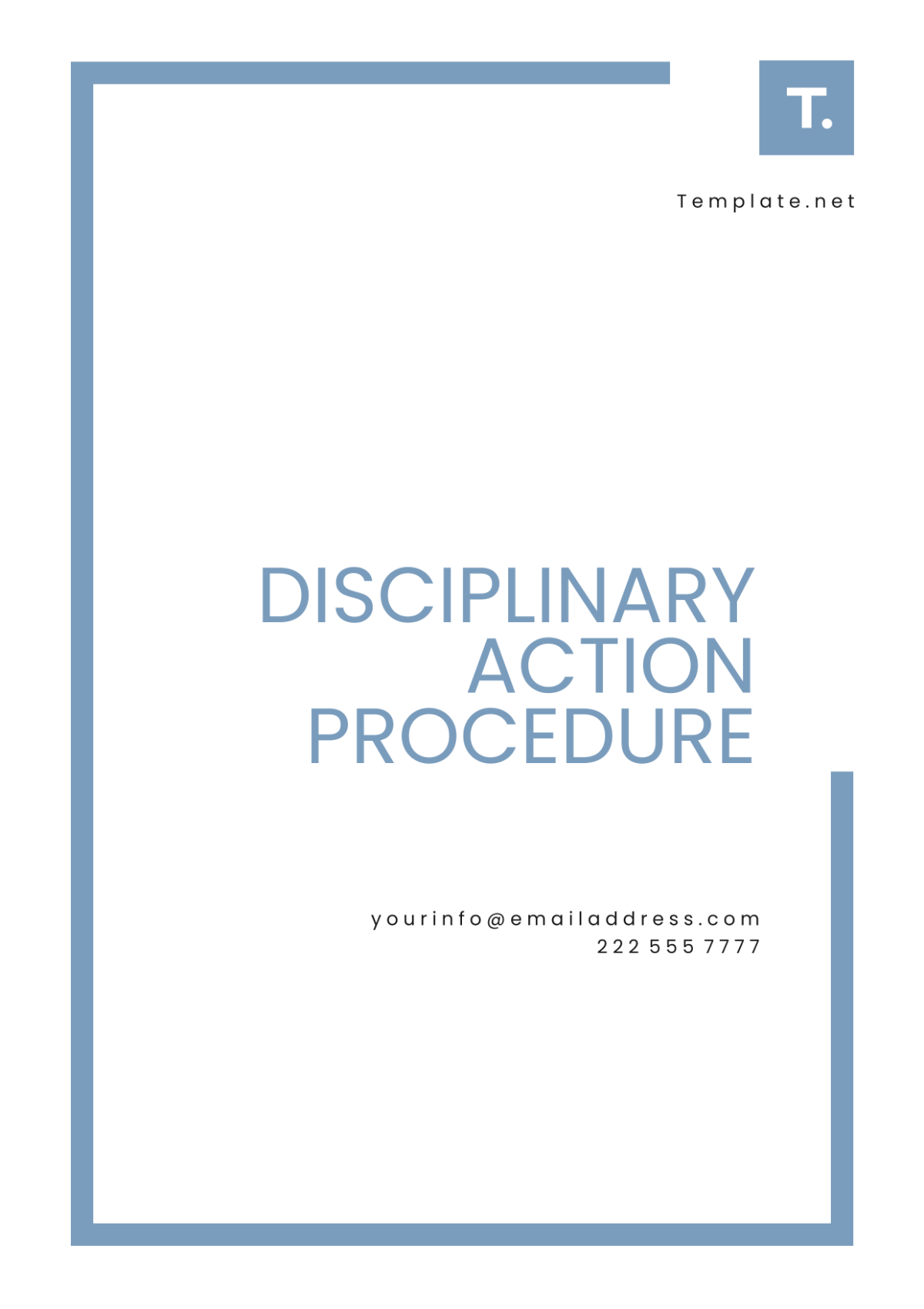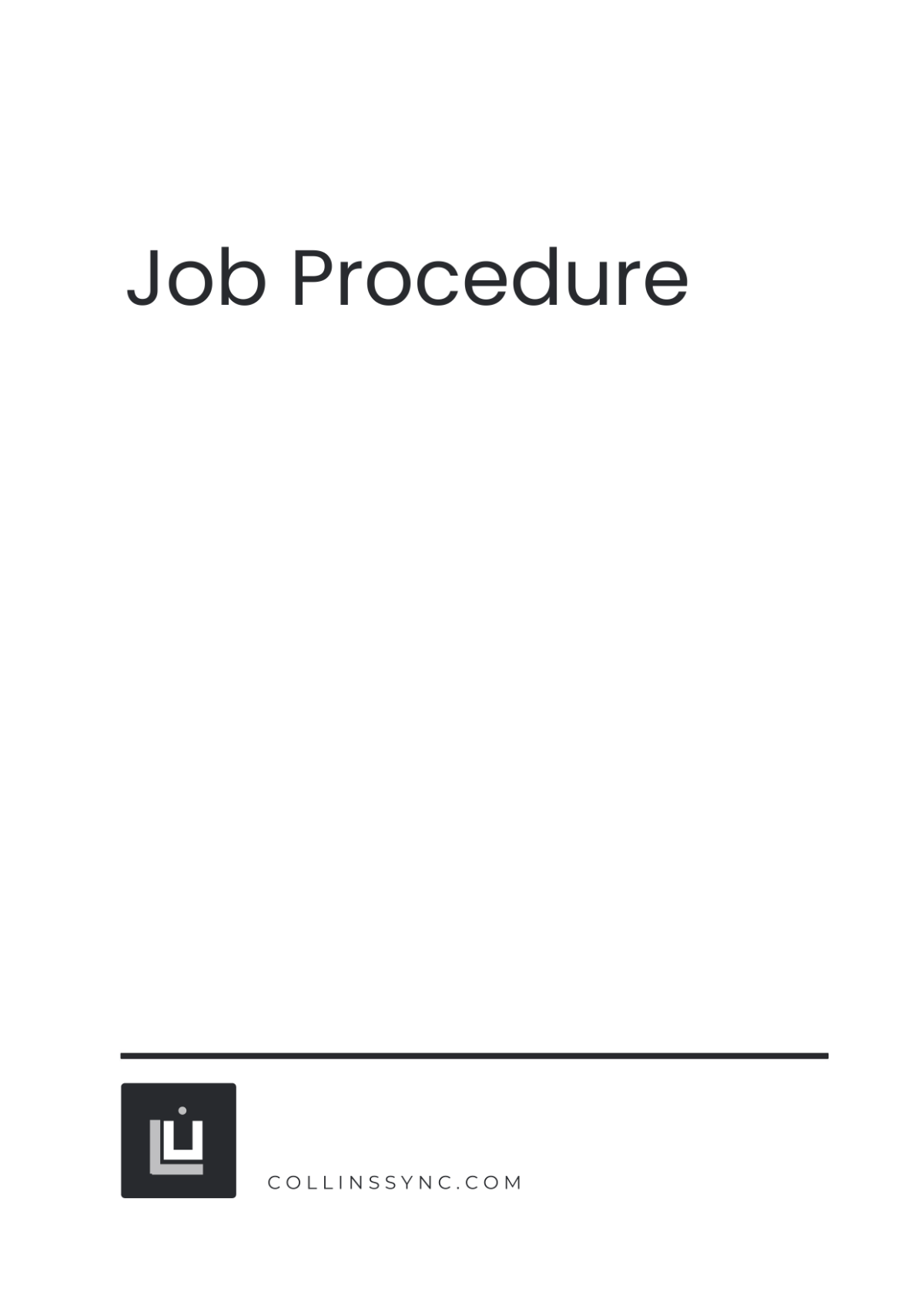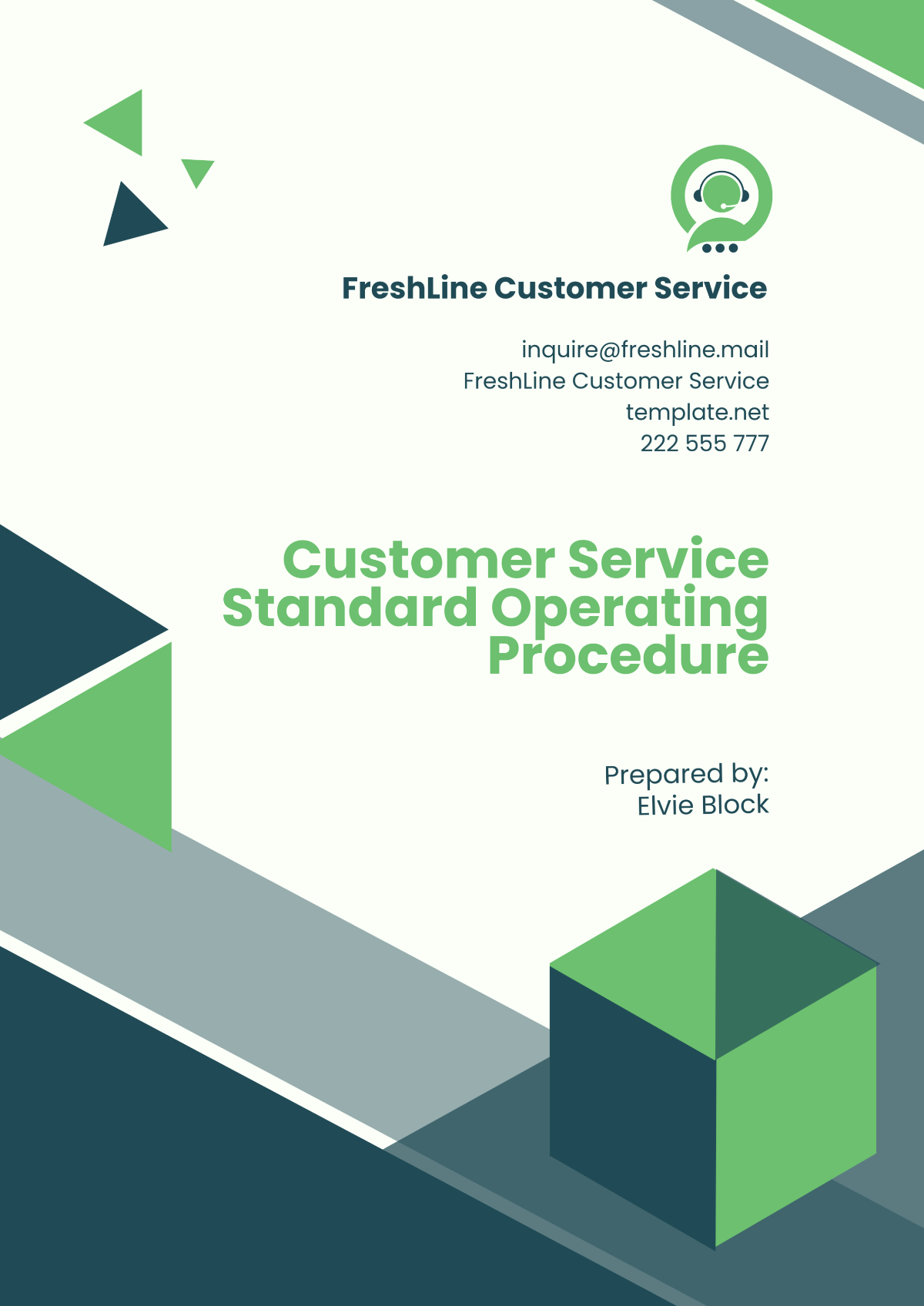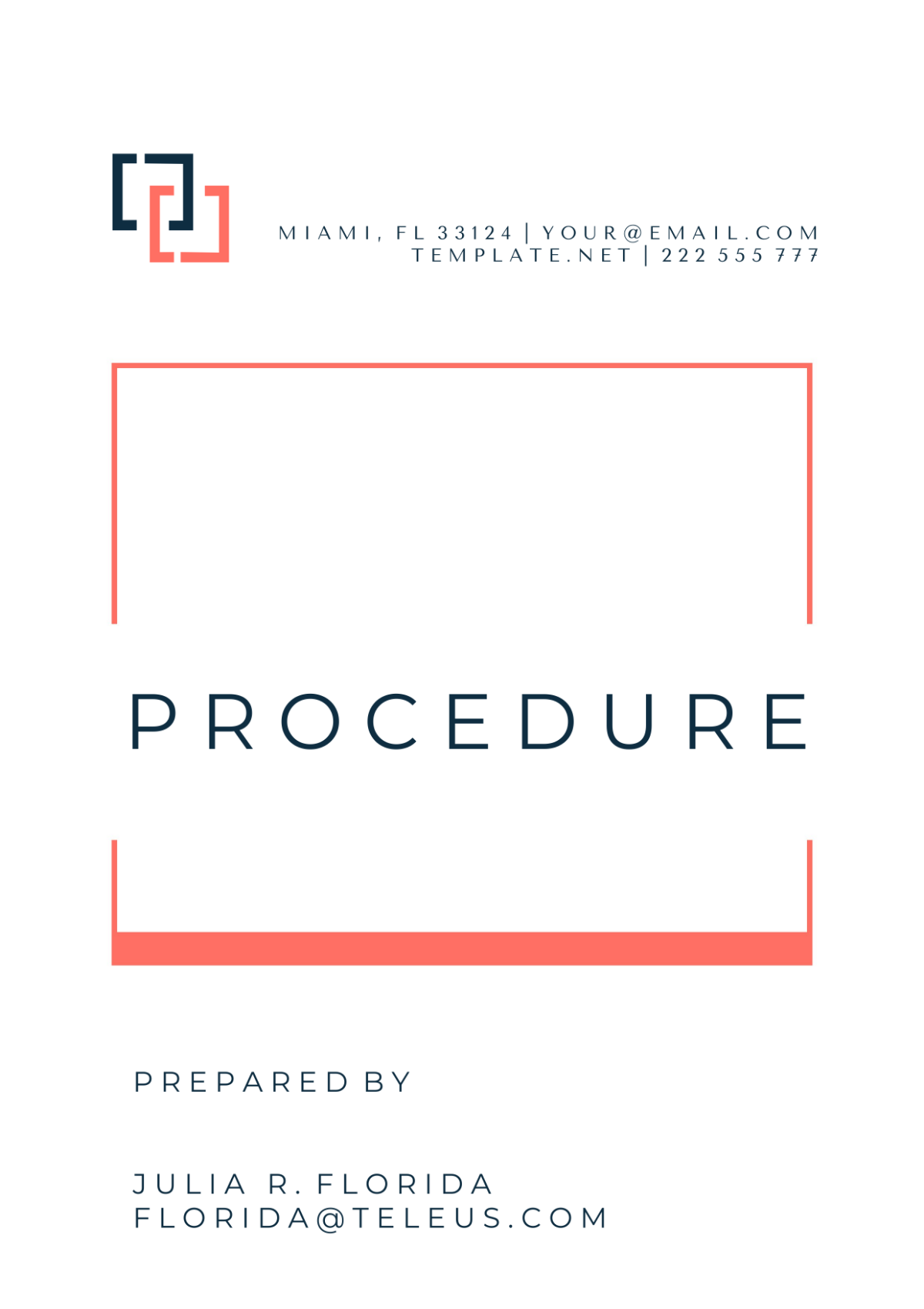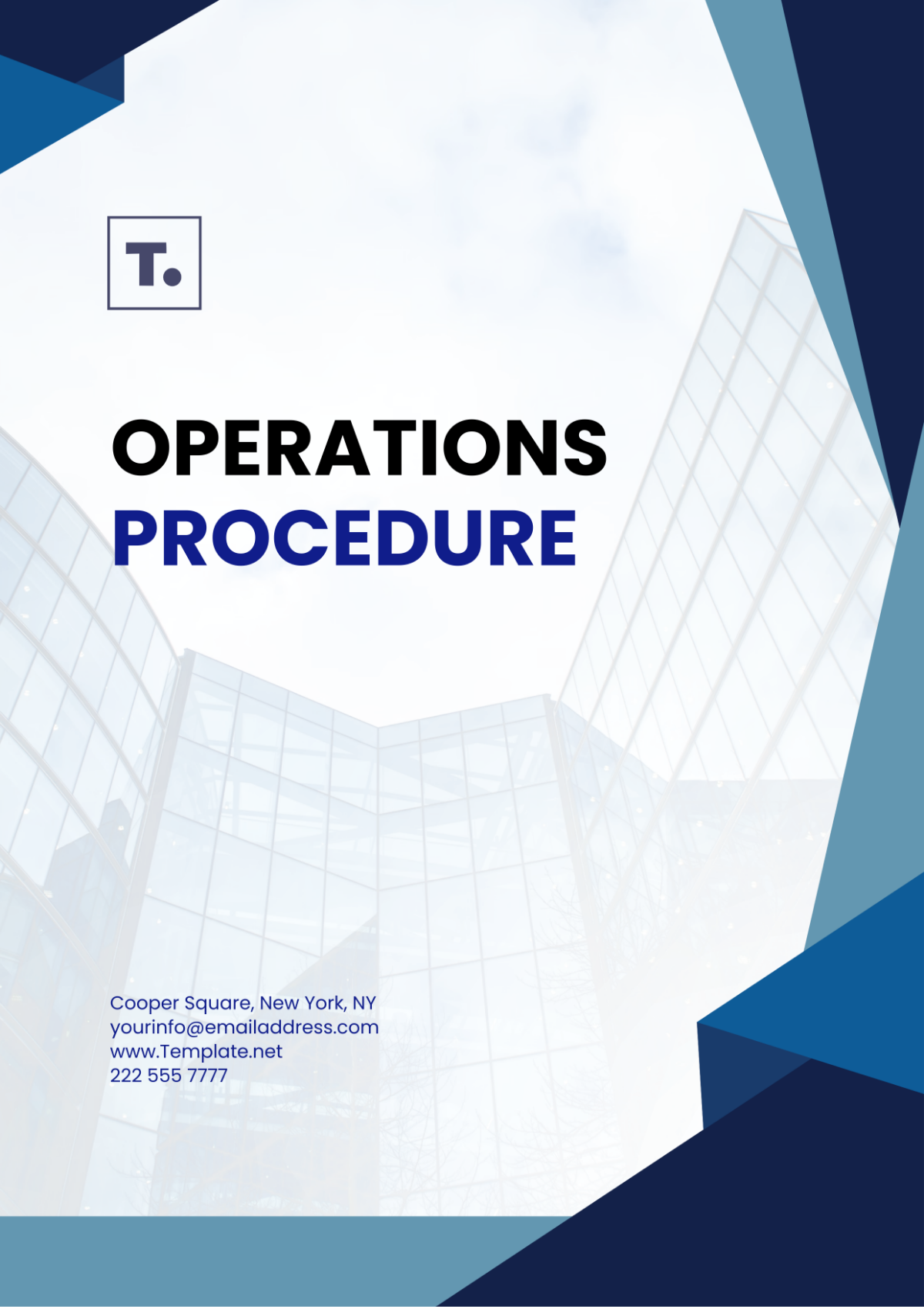Law Firm Client Feedback Procedure
1. Objective
The primary objective of the Client Feedback Procedure at [Your Company Name] is to systematically collect, analyze, and act upon client feedback to improve the quality of our legal services. This procedure aims to:
Enhance client satisfaction by promptly addressing concerns and expectations.
Improve the quality and effectiveness of our legal representation.
Foster a client-centric culture by integrating client feedback into continuous service improvement.
2. Scope
This procedure applies to all legal services provided by [Your Company Name], across all practice areas including litigation, corporate law, family law, and estate planning. Feedback will be sought from all clients following the closure of their case and at various stages of ongoing cases, as appropriate. This procedure encompasses:
Initial consultations
Client communications
Legal strategy and execution
Billing and administrative support
3. Responsibilities
Responsibilities are distributed among various roles within the firm to ensure effective management and response to client feedback:
Role | Responsibilities |
|---|---|
Feedback Coordinator | Oversees all feedback operations, ensures timely collection and analysis, and maintains feedback systems. |
Client Relationship Managers | Initiates feedback collection, directly engages with clients, and addresses immediate concerns. |
Senior Management | Reviews feedback reports, approves changes based on feedback, and ensures strategic alignment. |
IT Support | Provides technical support for online surveys and data management systems. |
Human Resources | Conducts training programs, and ensures staff are equipped to handle feedback appropriately. |
Each role is critical in maintaining a seamless feedback loop and ensuring that client insights translate into actionable improvements.
4. Feedback Mechanisms
To effectively capture diverse and valuable client insights, [Your Company Name] employs multiple feedback mechanisms designed to accommodate different client preferences and circumstances. These include digital surveys, in-person interviews, anonymous comment cards, and solicited online reviews. Each method is chosen to maximize convenience for the client and to enhance the accuracy and usefulness of the feedback collected. Here is an overview of each mechanism employed:
Method | Description | When Used |
|---|---|---|
Surveys | Standardized forms, both online and in print, covering various aspects of client interaction. | Post-case and annually for ongoing cases |
Interviews | Direct conversations via telephone or in-person to gain more detailed insights. | Selected cases based on complexity or client preference |
Comment Cards | Short, anonymous cards are provided in the waiting areas of our offices. | Ongoing availability in the office |
Online Reviews | Encouraging clients to review our services on platforms like Google and Yelp. | Post-case follow-up emails |
This multi-channel approach ensures comprehensive coverage and a robust feedback loop, integral to our continuous improvement efforts.
5. Survey Design
The design of the surveys is crucial to obtaining useful and actionable feedback. Surveys are constructed with attention to the specificity and clarity of questions to avoid ambiguity and encourage honest responses.
Question Type | Example Question | Purpose |
|---|---|---|
Likert Scale | On a scale of 1-5, how satisfied were you with our responsiveness? | Measures satisfaction levels and identifies areas needing improvement. |
Multiple Choice | What was your primary method of communication with our firm? (Email, Phone, In-person) | Assesses usability and effectiveness of communication channels. |
Open-ended | What improvements would you suggest for our service delivery? | Gathers specific suggestions for enhancements directly from clients. |
Before we deploy any surveys, we will first test them internally. This is done to ensure that they are easy to understand and that they can be completed within a reasonable amount of time.
6. Distribution Methods
To accommodate the varying preferences of our clients and encourage an increased response rate, feedback is assembled in several different ways utilizing multiple channels.
Distribution Method | Detail | Advantage |
|---|---|---|
A link to an online survey sent via client email. | Convenient for clients, allows for quick compilation of data. | |
Direct Mail | Paper surveys mailed to clients' addresses. | Accessible for clients without digital preferences. |
In-person | Face-to-face feedback during office visits. | Provides immediate and detailed feedback; builds stronger client relationships. |
7. Feedback Collection Timeline
The structure of the timing when collecting feedback is carefully designed and organized in such a way that it aims to achieve the highest possible levels of response rates. Moreover, this structure is also manipulated to ensure that the feedback received is of utmost relevance and significance.
Feedback Type | Timing | Rationale |
|---|---|---|
Post-case Survey | Within one week after case resolution. | Captures immediate reactions and satisfaction. |
Ongoing Case Survey | Every six months during long-term cases. | Monitors ongoing satisfaction and adjusts services as needed. |
Annual Survey | Annually for all active clients. | Provides insights into long-term client relationships and satisfaction trends. |
8. Analyzing Feedback
Feedback is analyzed to identify common themes and areas for improvement:
Technique | Description |
|---|---|
Statistical Analysis | Use of software tools to identify trends and patterns in survey responses. |
Comment Review | Qualitative analysis of open-ended responses to capture nuanced feedback. |
Comparison Reports | Year-over-year comparisons to track improvements and regressions in service quality. |
9. Reporting
Feedback reports are crucial for informing management and guiding improvements:
Audience | Report Content | Frequency |
|---|---|---|
Senior Management | High-level overview, key concerns, strategic recommendations | Quarterly |
Practice Area Leaders | Detailed reports by practice area, specific client feedback | Quarterly |
All Staff | General feedback trends, successes, areas for improvement | Annually |
10. Action Plans
Action plans are derived from client feedback to make targeted improvements:
Issue Identified | Planned Action | Responsible Person | Deadline |
|---|---|---|---|
Low responsiveness ratings | Implement a new client communication protocol | Client Relationship Manager | 3 months after the report |
11. Follow-Up
Following up with clients after they have provided feedback is crucial for demonstrating that their input is valued and that the firm is committed to continual improvement. Our follow-up process ensures transparency and maintains client trust.
Action Item | Purpose | Methodology |
|---|---|---|
Inform clients of changes | Communicate how feedback has led to specific changes within the firm. | Emails and personal phone calls during the next interaction |
Impact Assessment Survey | Assess client satisfaction with the changes implemented. | A short survey sent 3-6 months after changes are implemented |
Feedback Acknowledgment | Thank clients for their feedback and encourage ongoing communication. | Thank-you email or card, personal acknowledgment in future communications |
Each follow-up action is designed to close the loop with the client, reinforcing the value of their feedback and the firm's commitment to service excellence.
12. Documentation and Record Keeping
Maintaining accurate and secure records of client feedback and the firm's response is critical not only for ongoing monitoring and quality control but also for regulatory compliance. This section details the procedures for documentation and the safeguarding of this information.
Document Type | Storage Location | Access Control | Retention Period |
|---|---|---|---|
Feedback responses | Secure, encrypted online database | Access is limited to the Feedback Coordinator and authorized personnel | 5 years or as required by law |
Action plans and outcomes | Internal network drives and cloud storage | Limited to management and relevant departments | Until superseded or indefinitely for historical reference |
Training records | Human Resources Management System (HRMS) | HR department and training coordinators | As required by law or company policy |
This structured approach ensures that all information is kept confidential and accessible only to authorized personnel, supporting both client privacy and data integrity.
13. Review and Revision of Feedback Procedure
Regular reviews of the feedback procedure ensure it remains effective and compliant with legal and ethical standards. This process also allows the firm to adapt to changing client needs and evolving industry practices.
Review Focus | Description | Review Frequency | Responsible Party |
|---|---|---|---|
Procedure Efficacy | Evaluate the effectiveness of the current feedback procedures. | Annually | Feedback Coordinator |
Compliance Check | Ensure all feedback processes comply with relevant laws and regulations. | Annually | Legal Department |
Technology and Tools | Review and upgrade feedback collection and analysis tools as needed. | Biennially | IT Department |
Each review is aimed at enhancing the effectiveness of feedback mechanisms and ensuring they align with best practices and client expectations.
14. Training and Support
Effective training programs are essential for empowering employees to collect, manage, and respond to client feedback professionally and empathetically. Training also ensures consistency in handling feedback across the firm.
Training Module | Description | Audience | Frequency |
|---|---|---|---|
Feedback Handling | Techniques for empathetically collecting and addressing client feedback. | All client-facing staff | Annually |
Data Management | Proper procedures for recording, protecting, and analyzing client data. | Feedback Coordinator, IT Support | Every two years |
Legal Compliance | Training on privacy laws and ethical considerations in handling client information. | All staff involved in feedback processing | Biennially |
These training initiatives ensure that staff are well-equipped to manage feedback effectively and maintain high standards of client service and data security.
